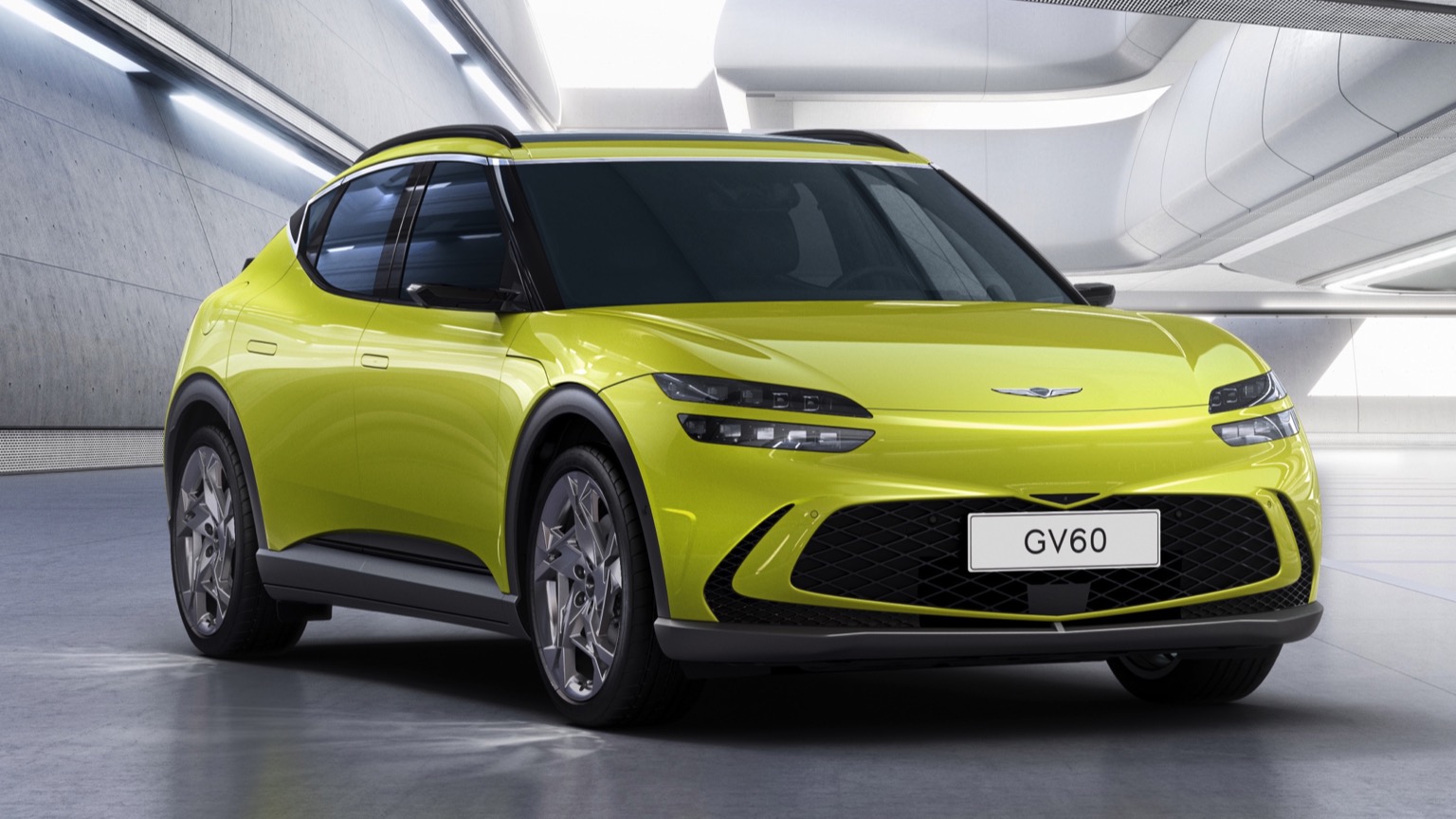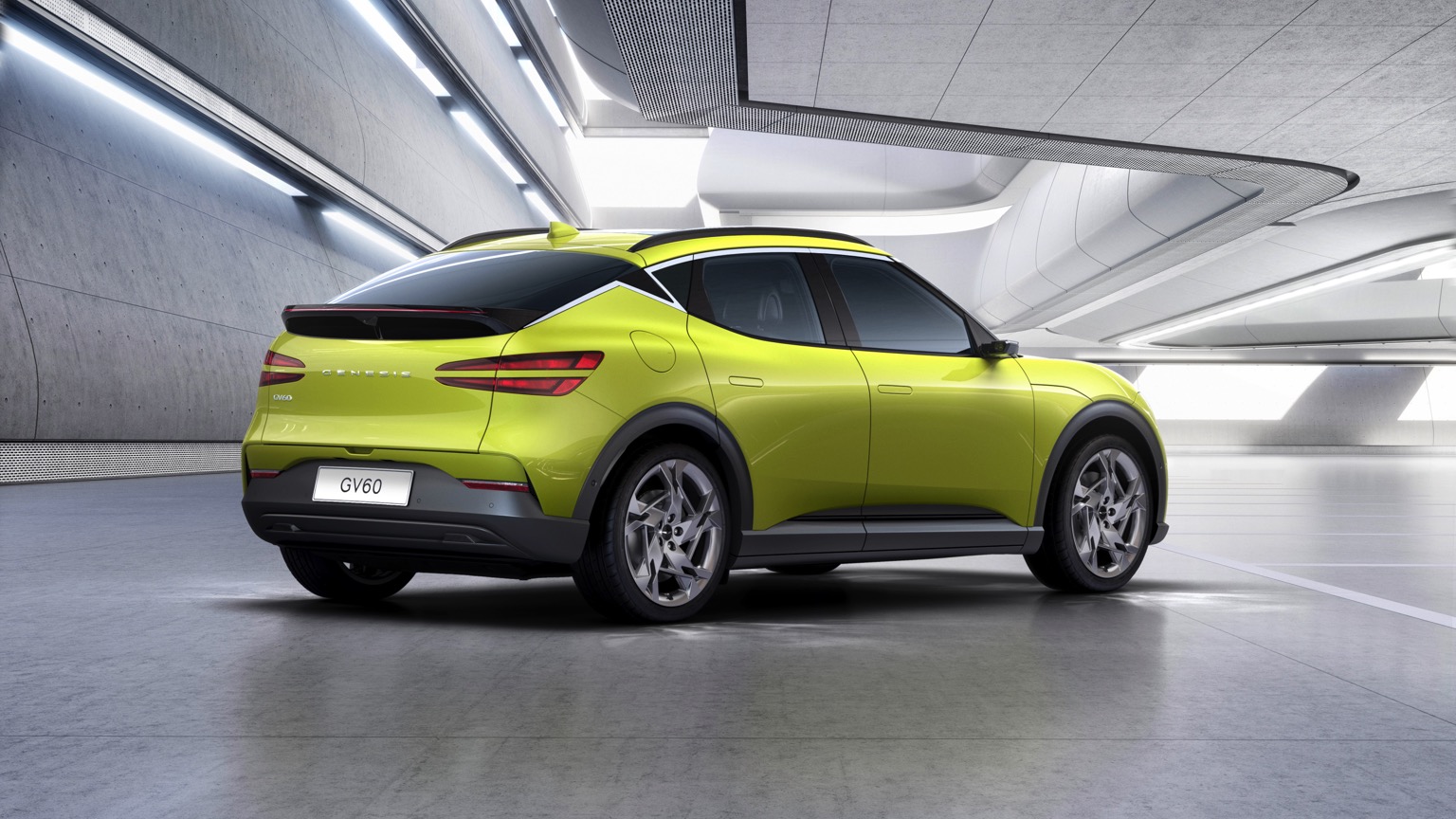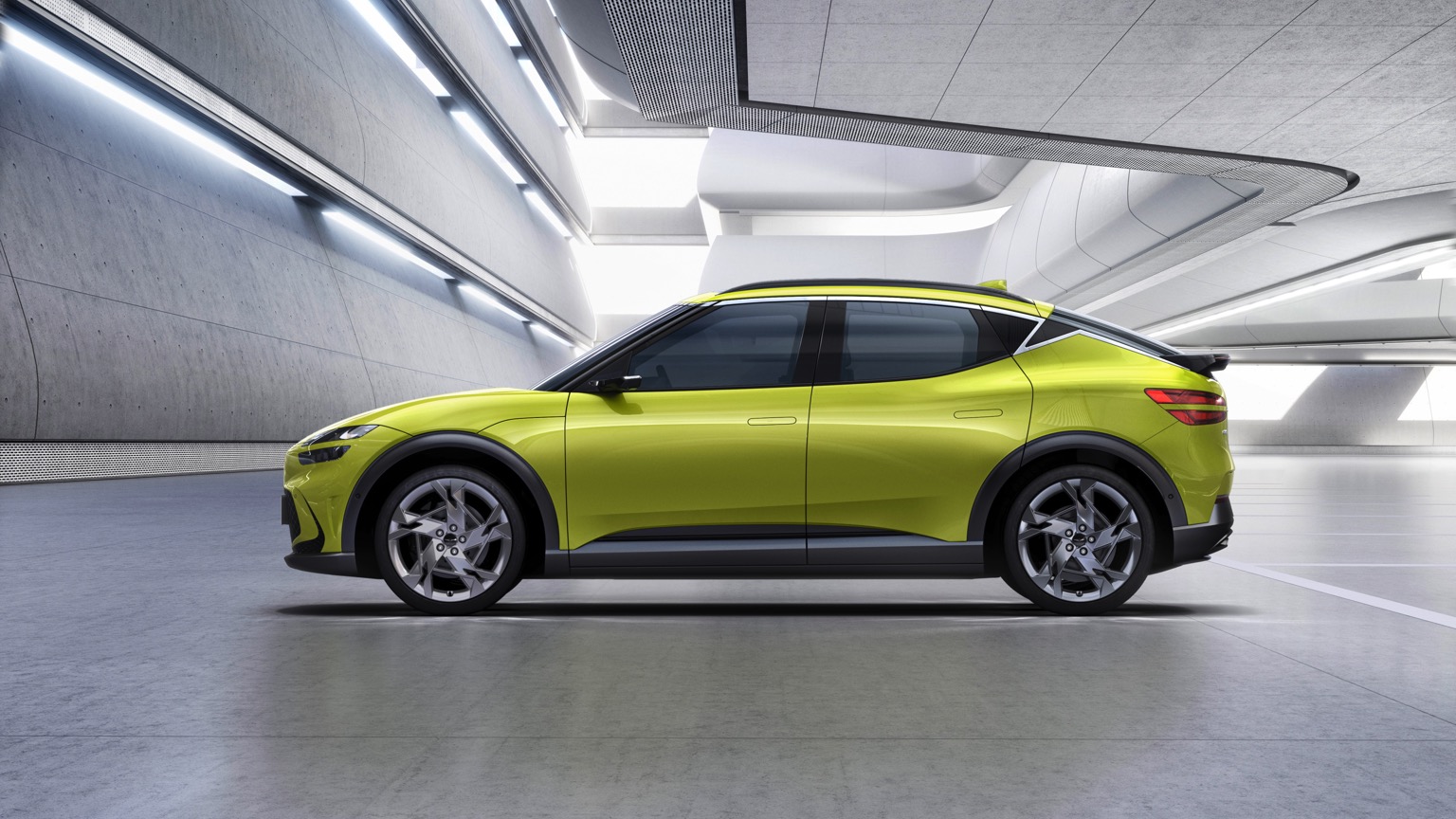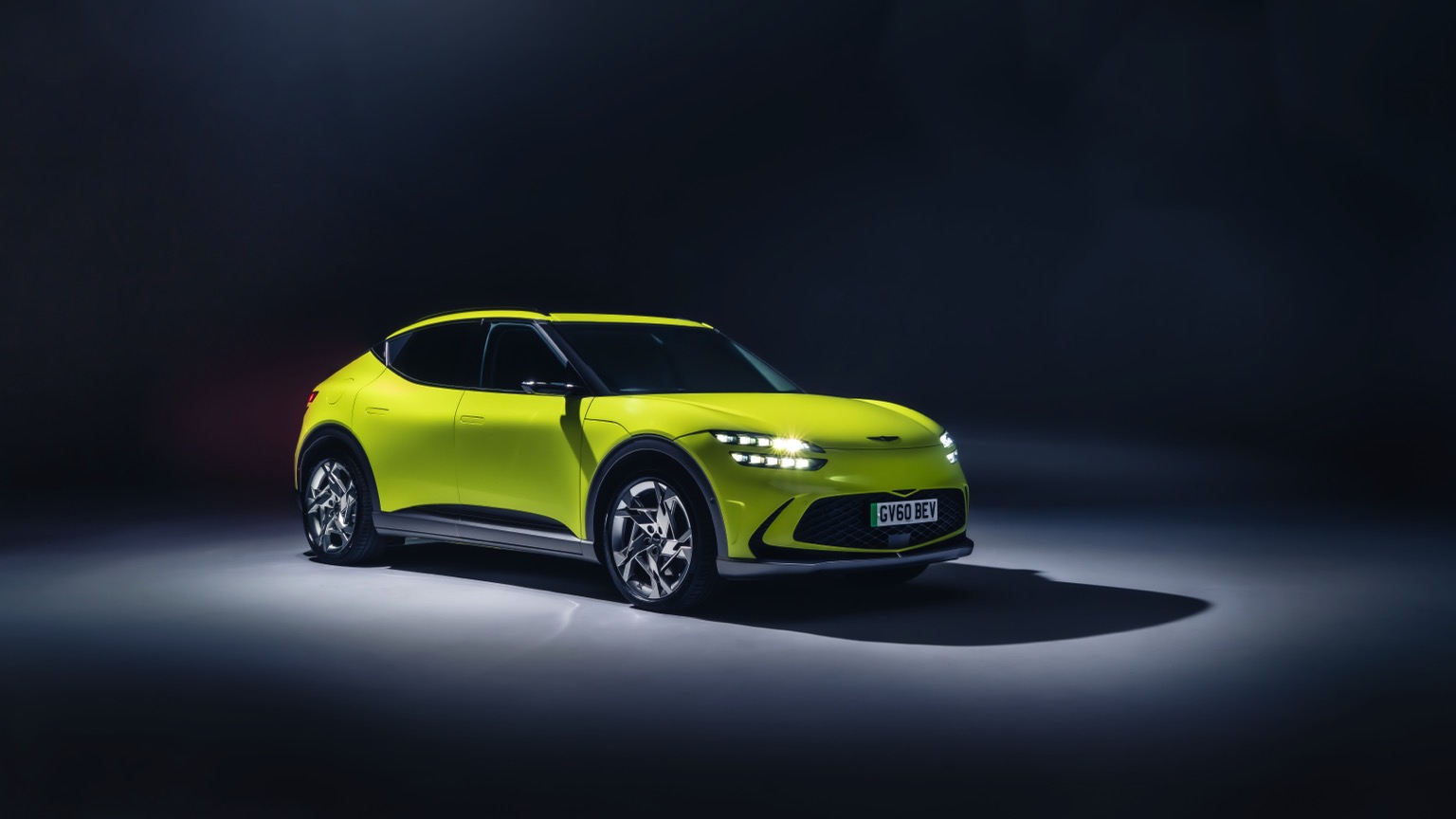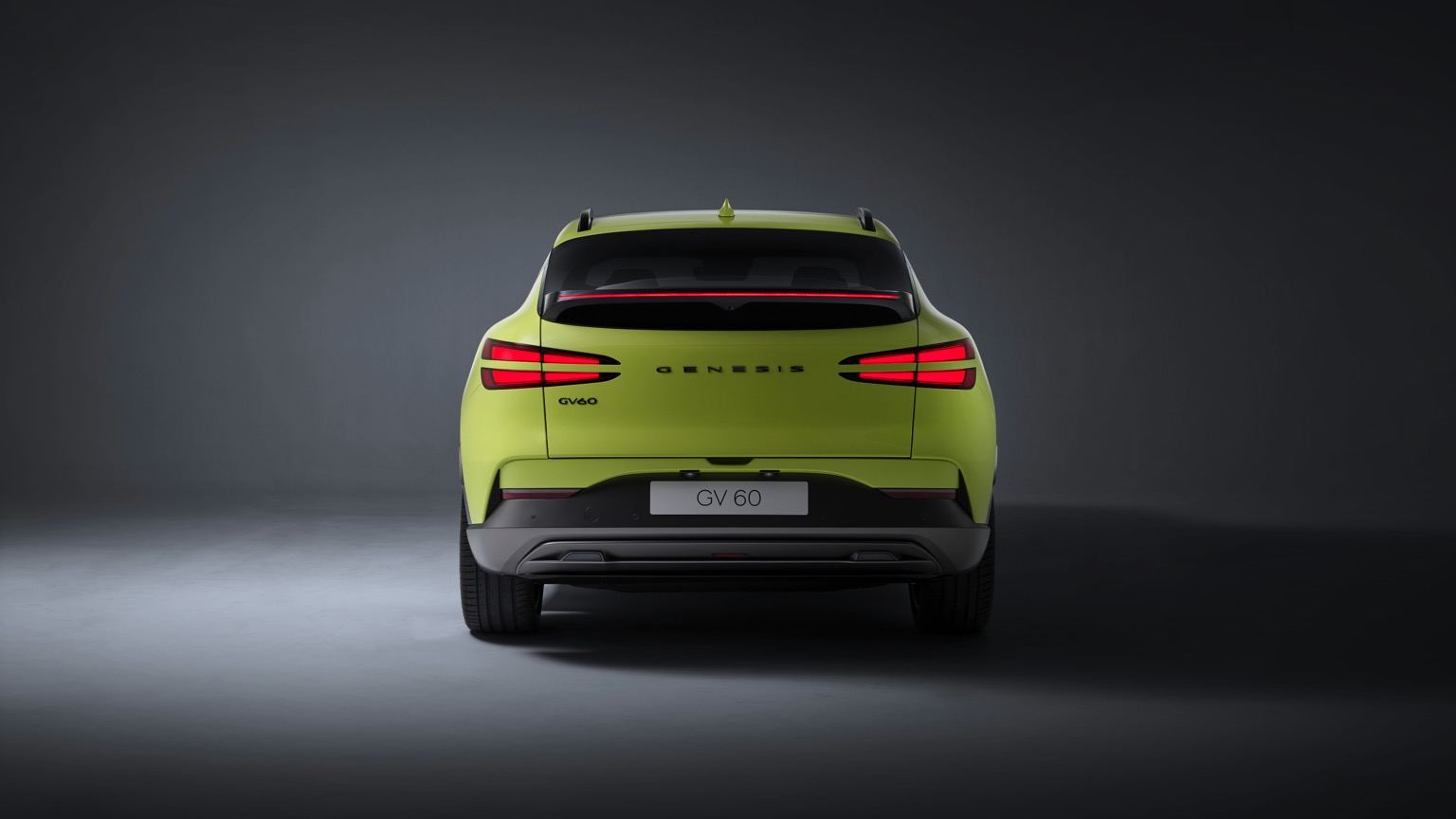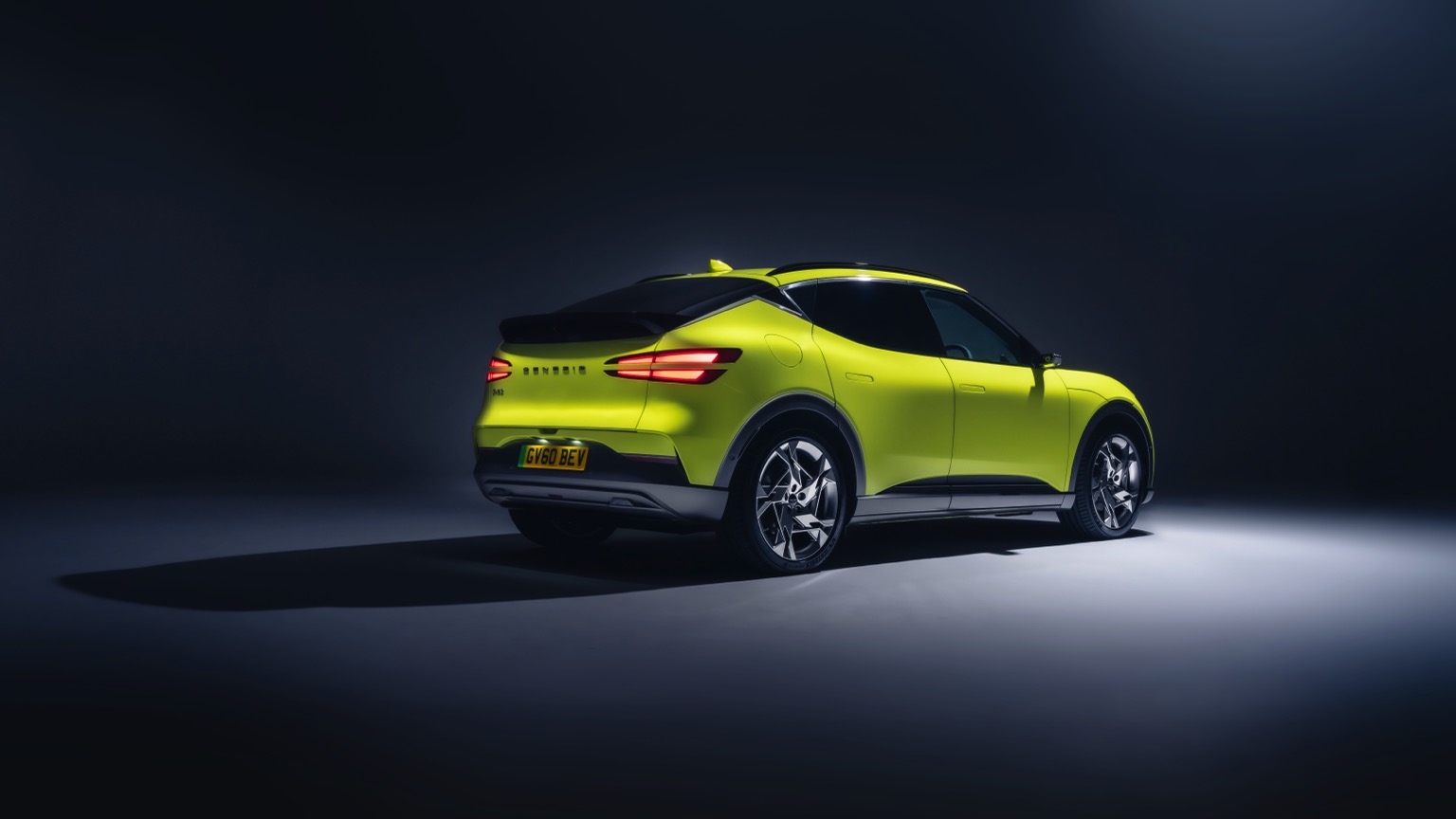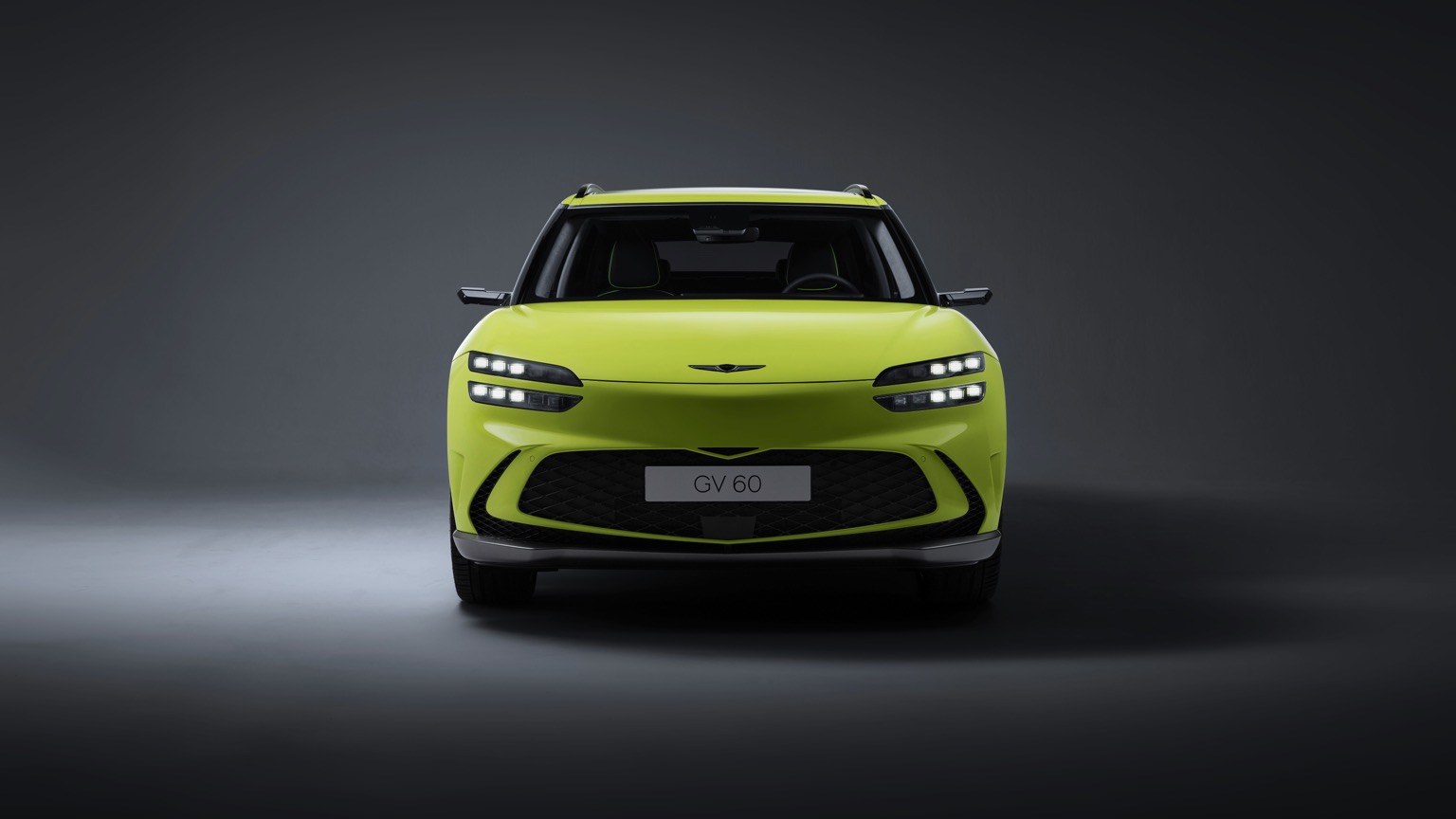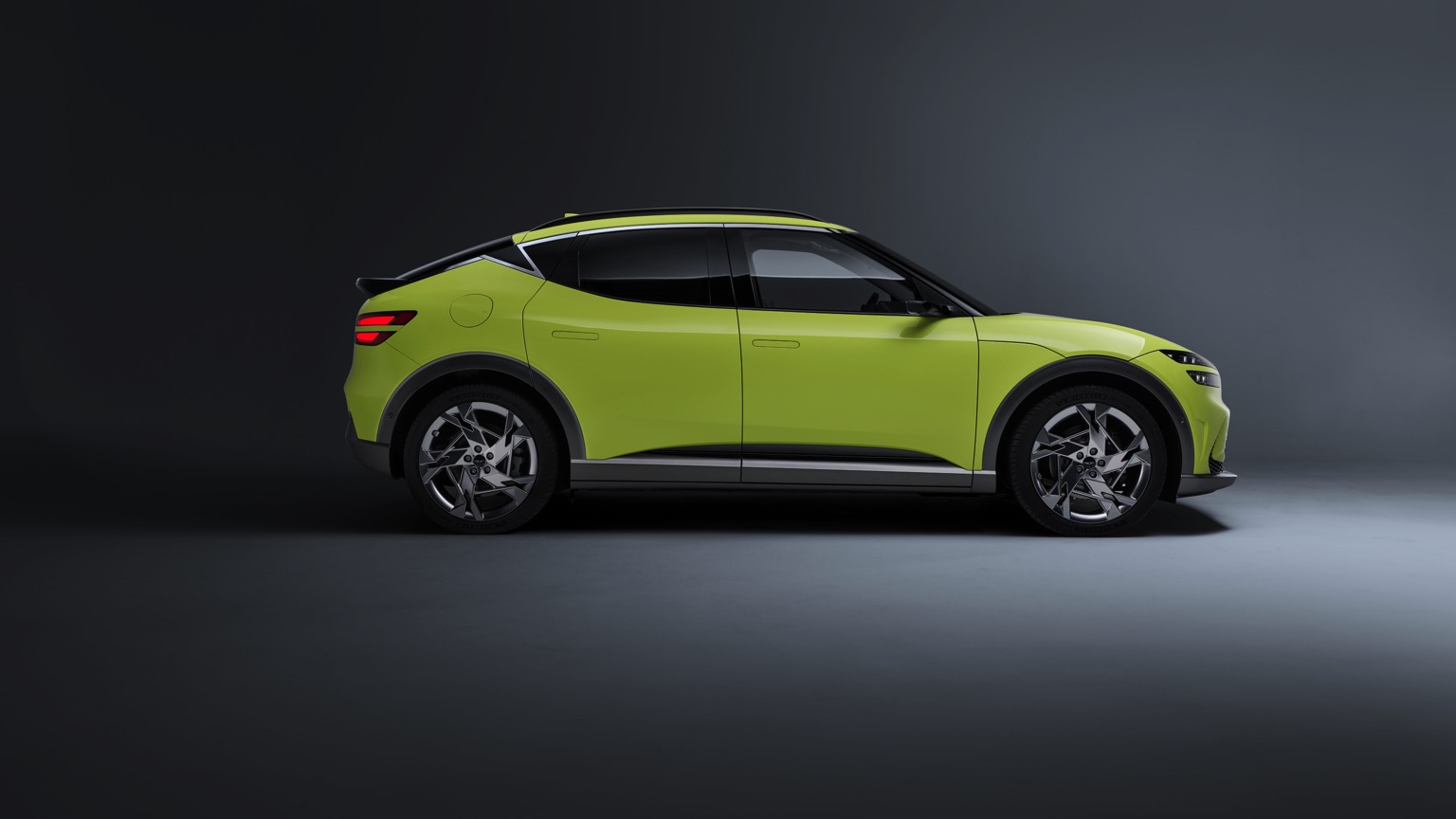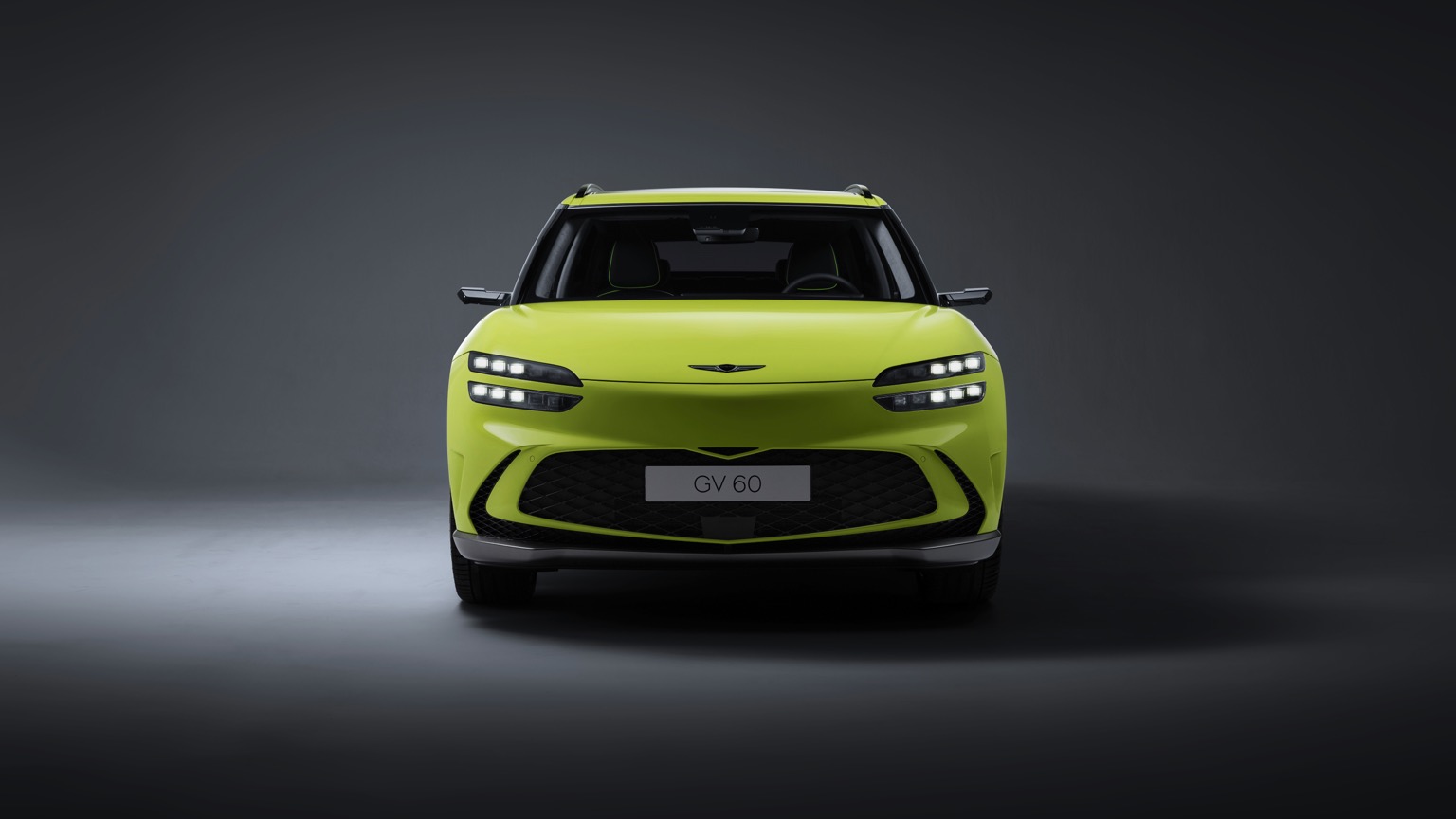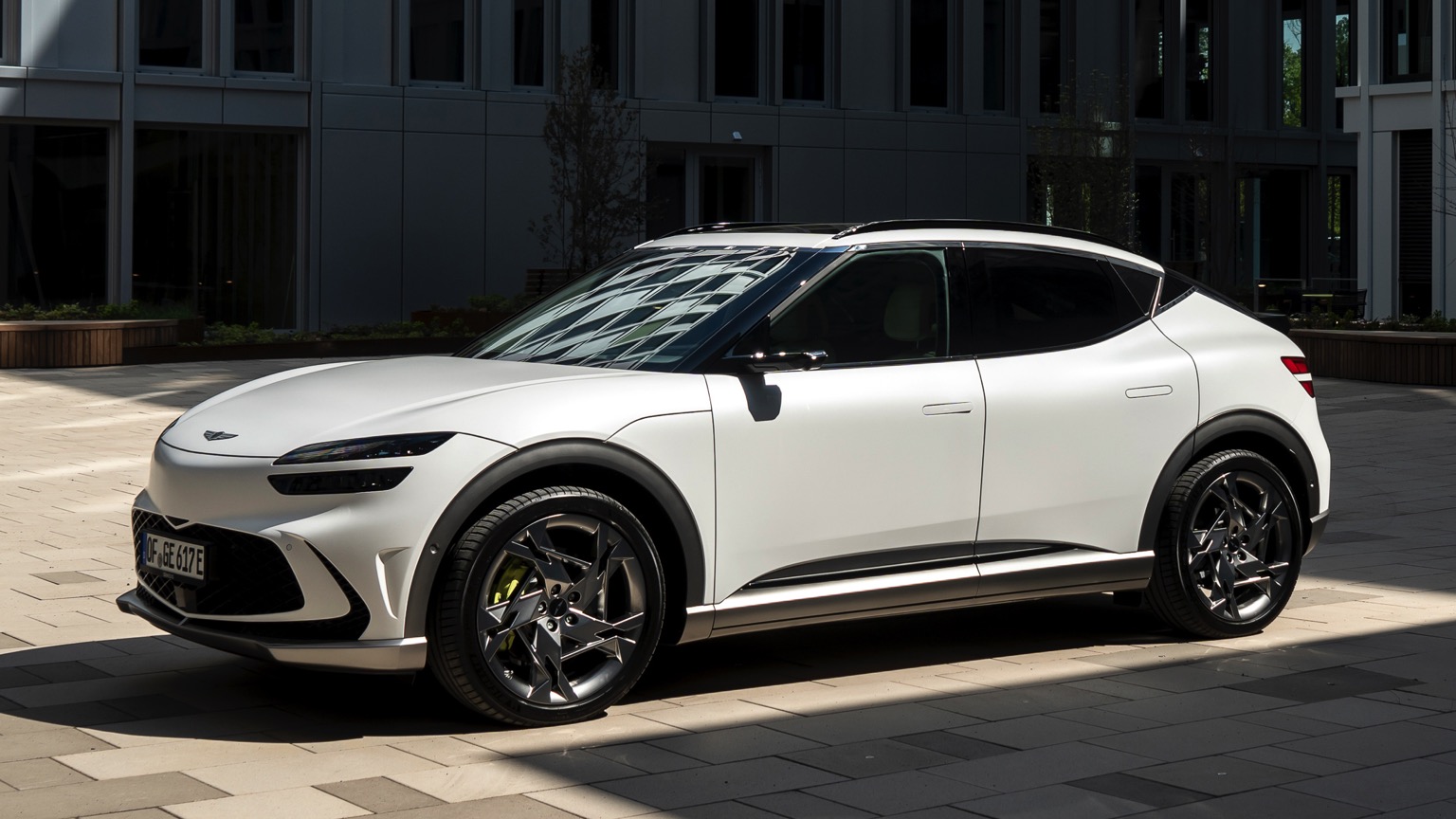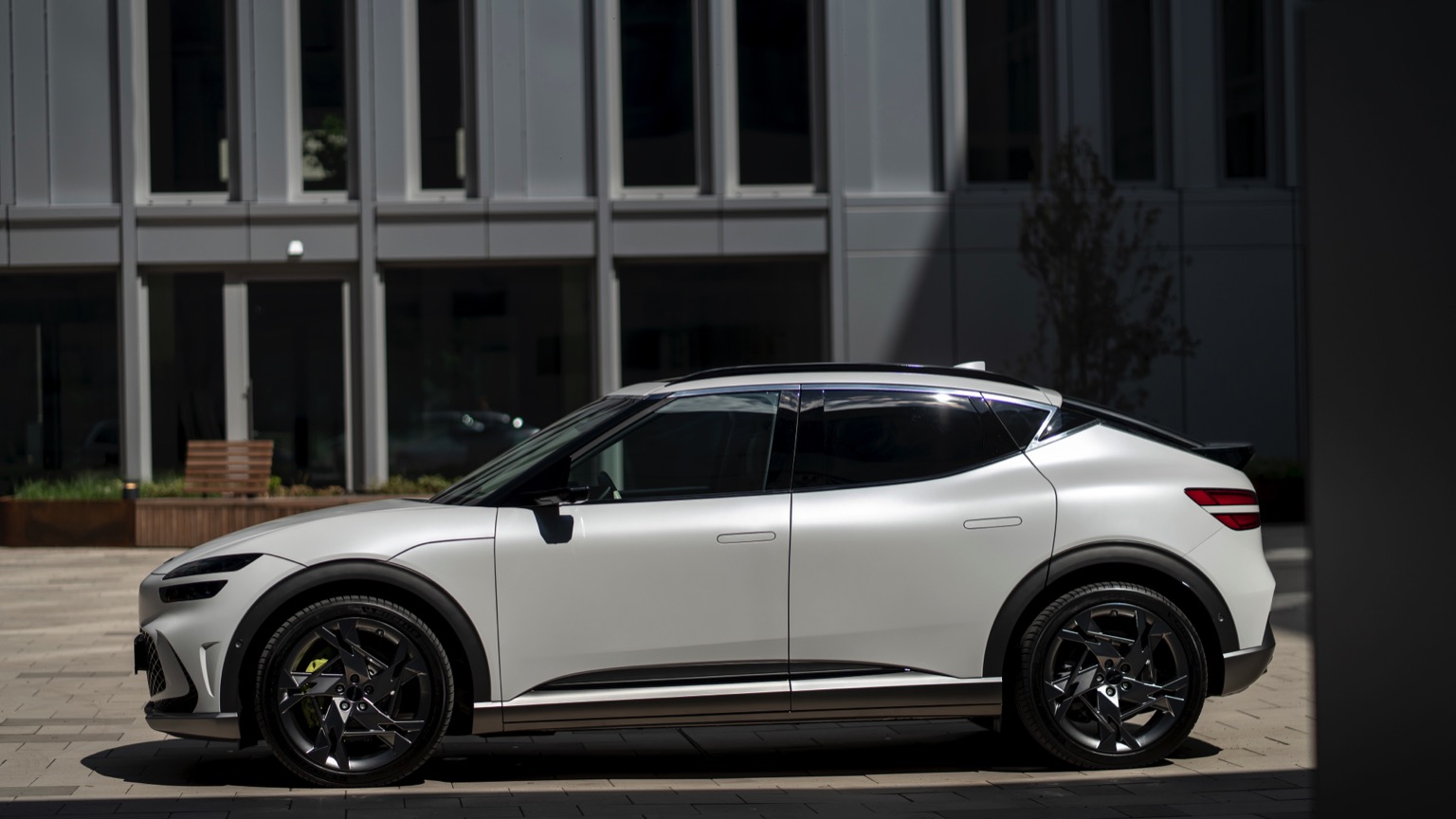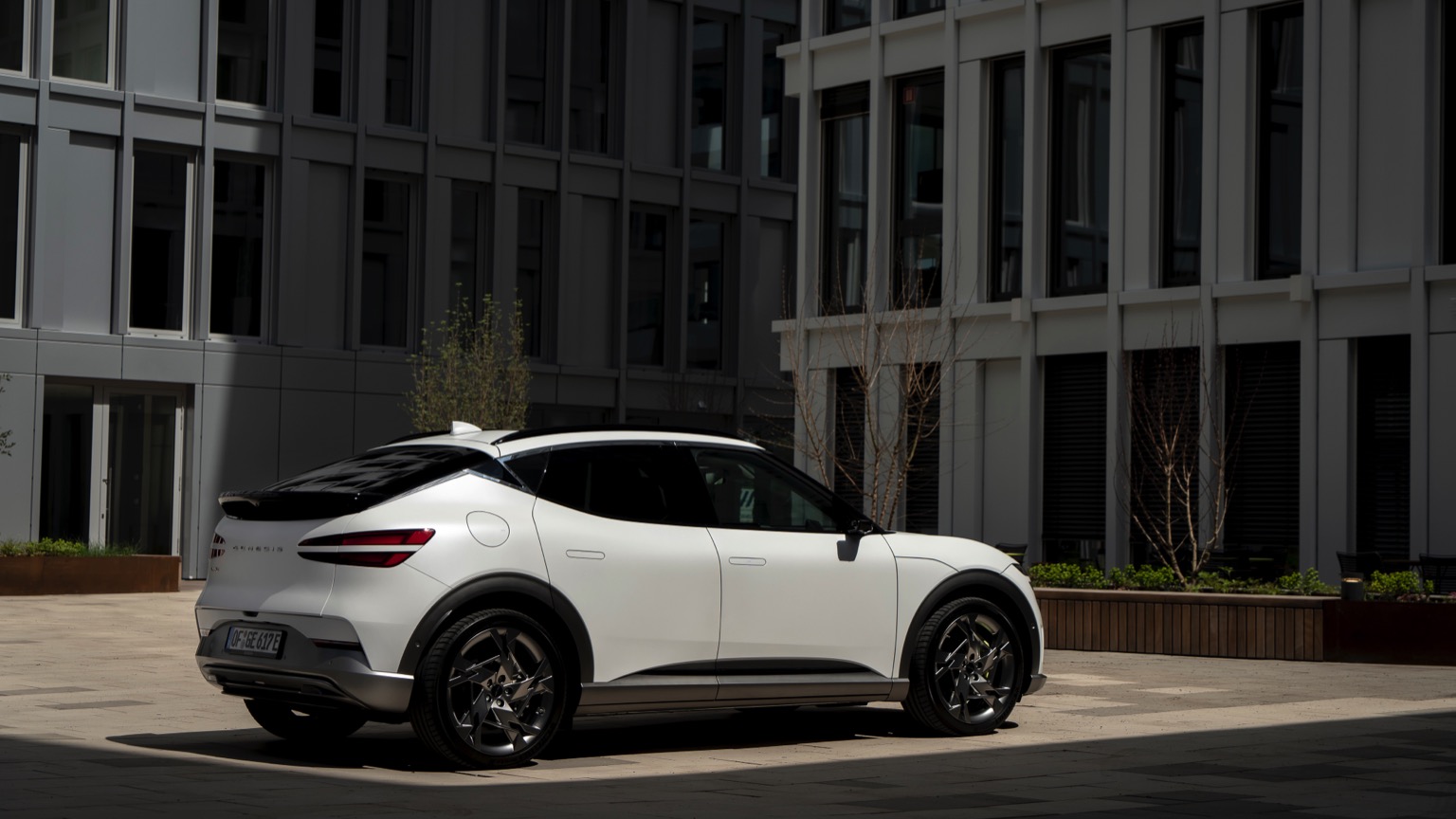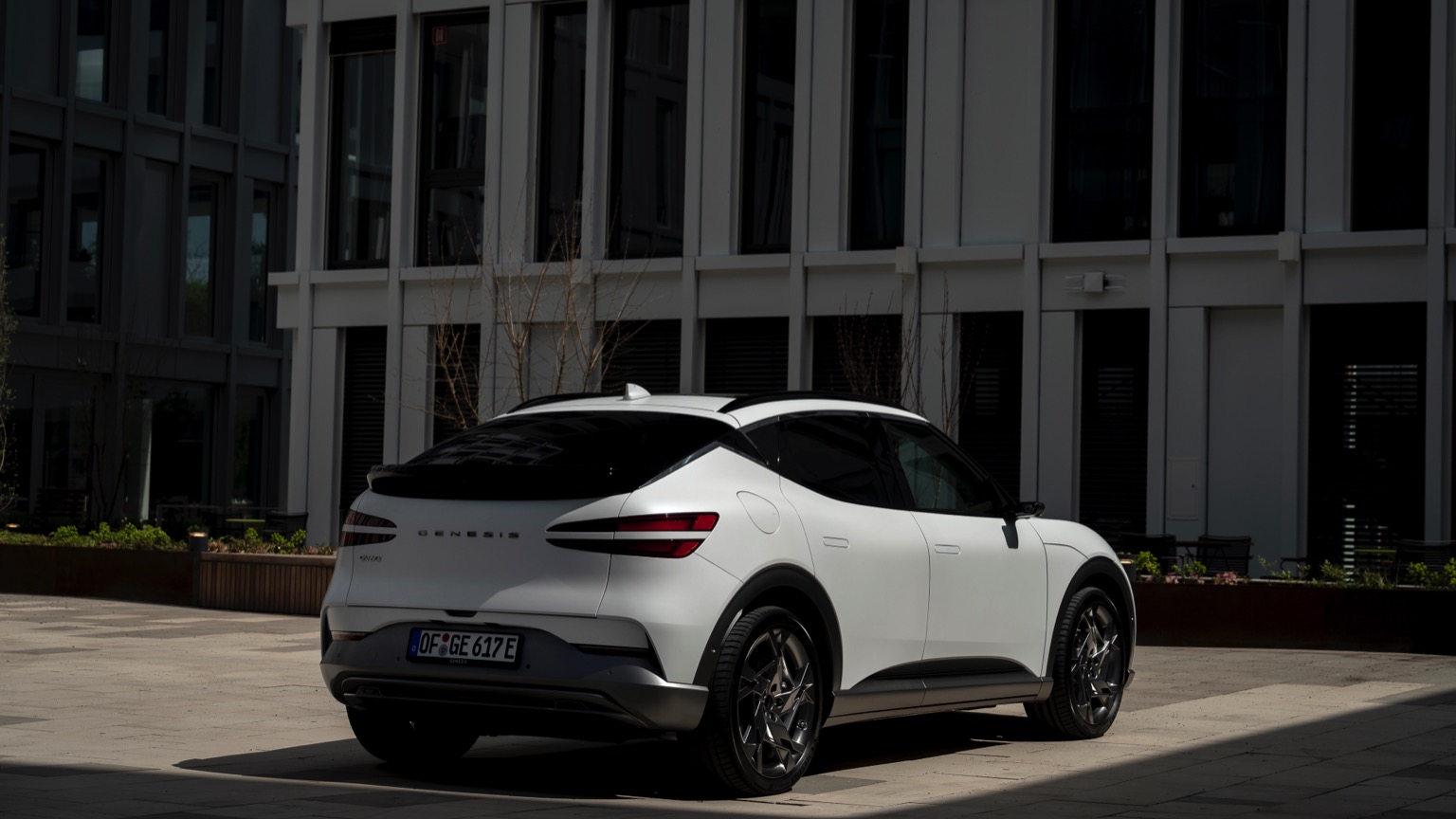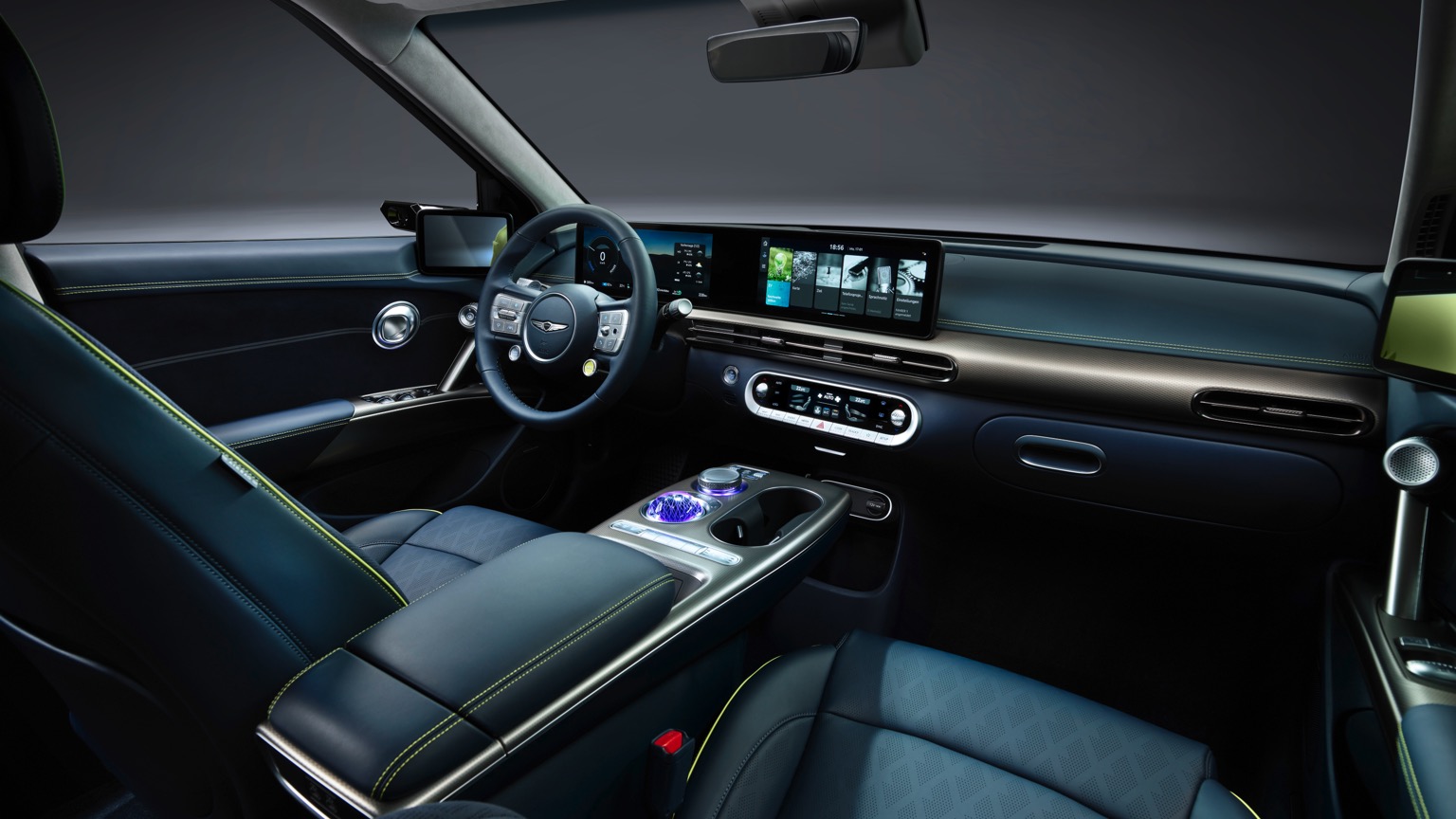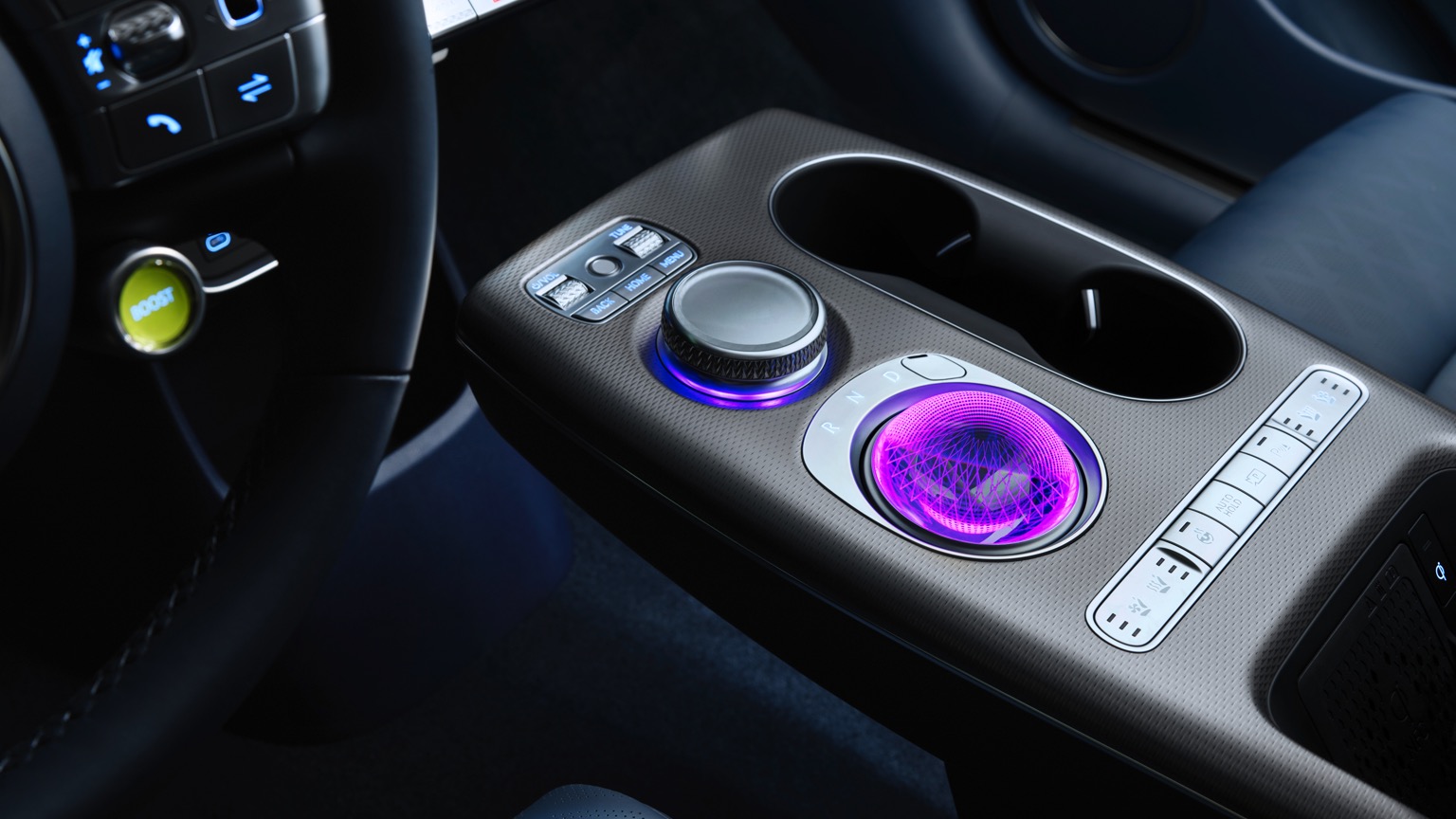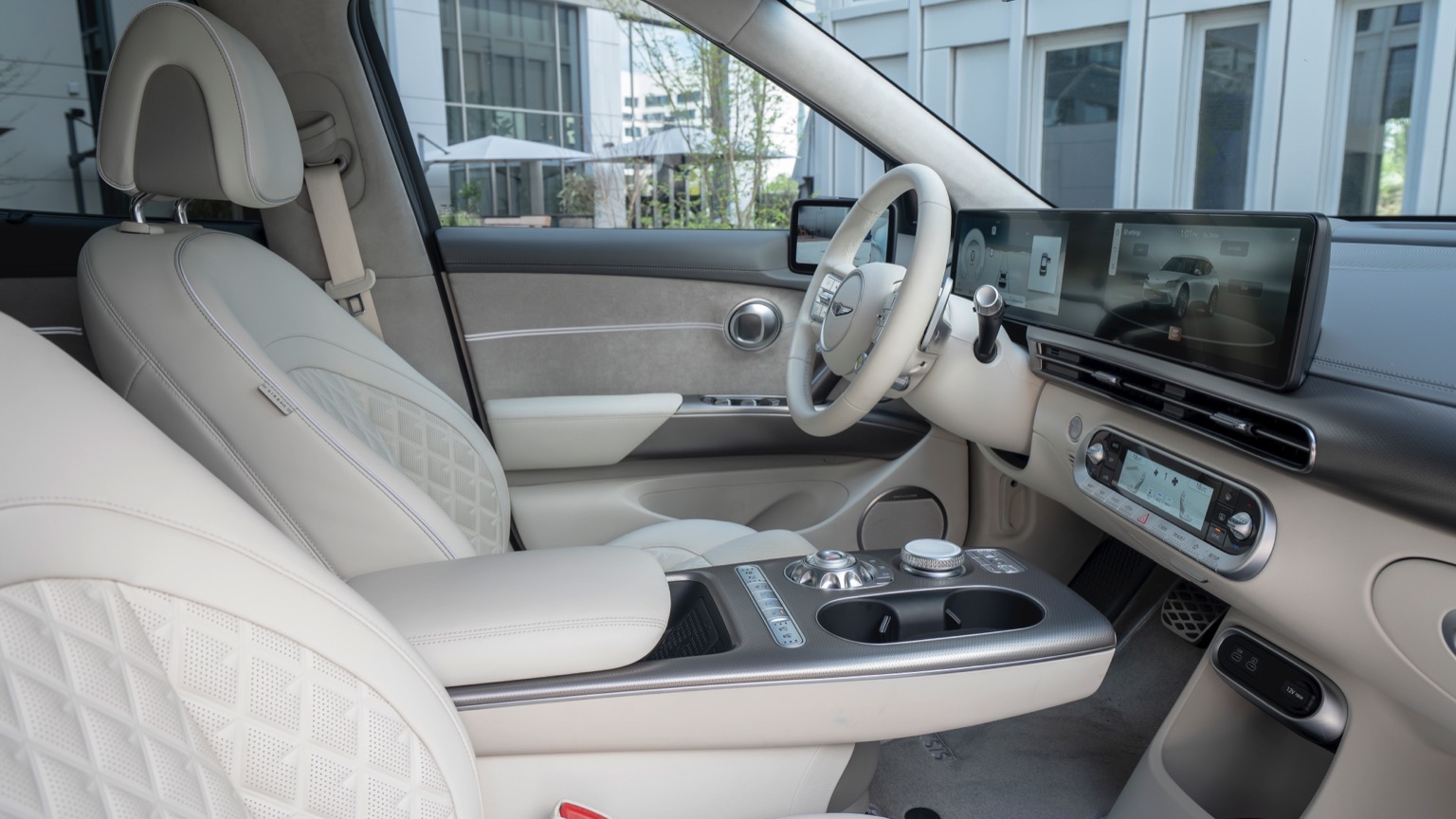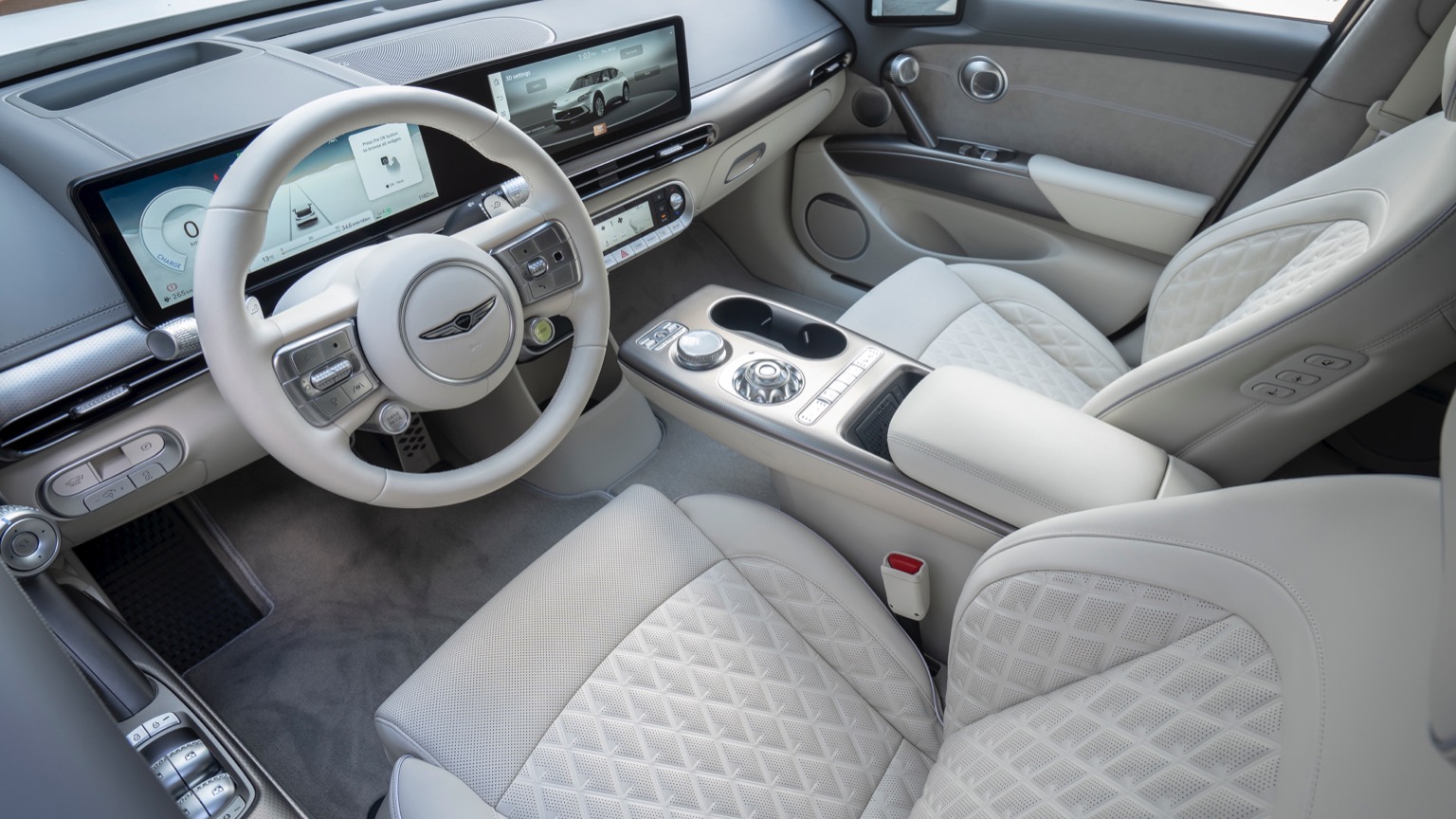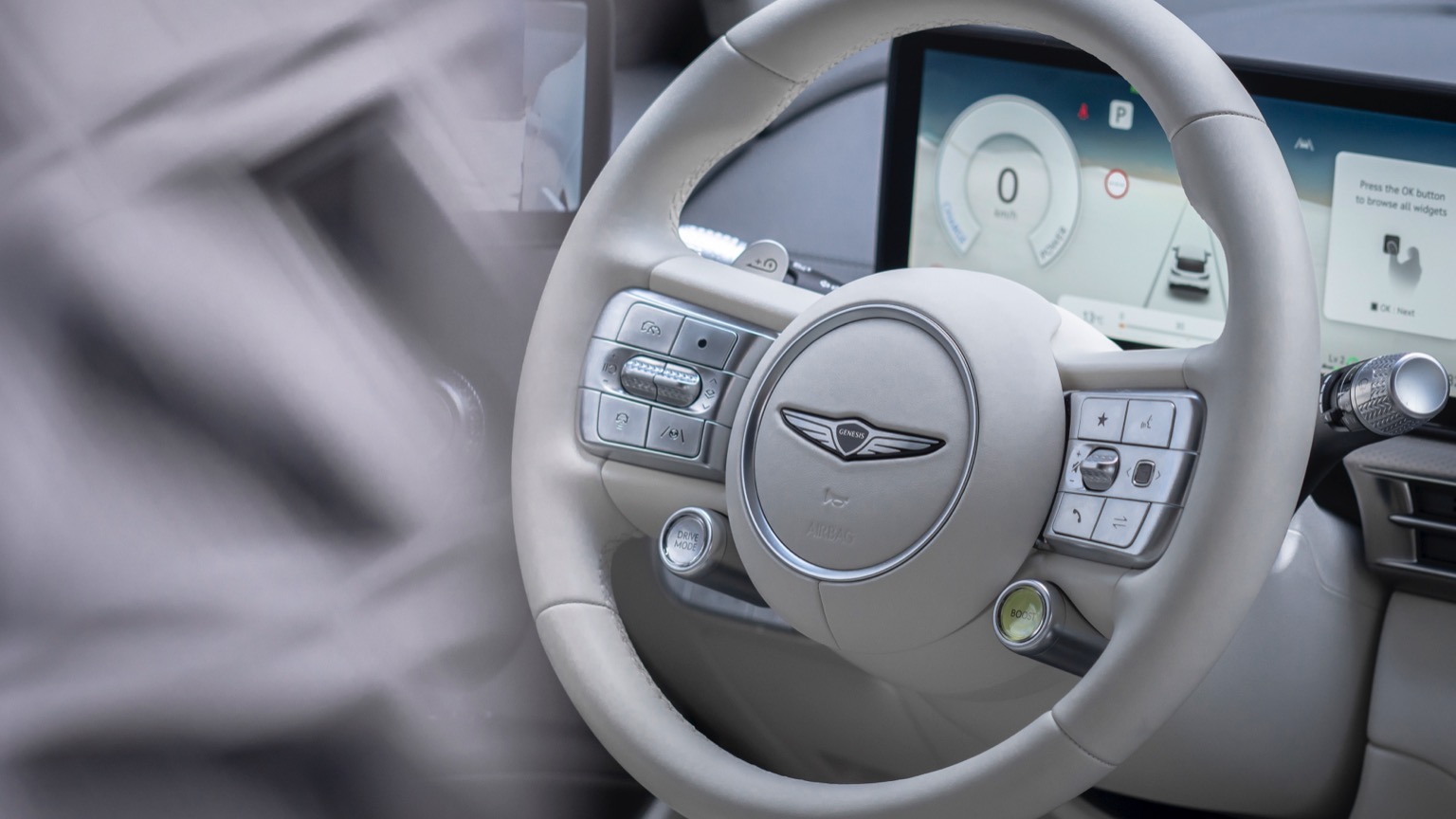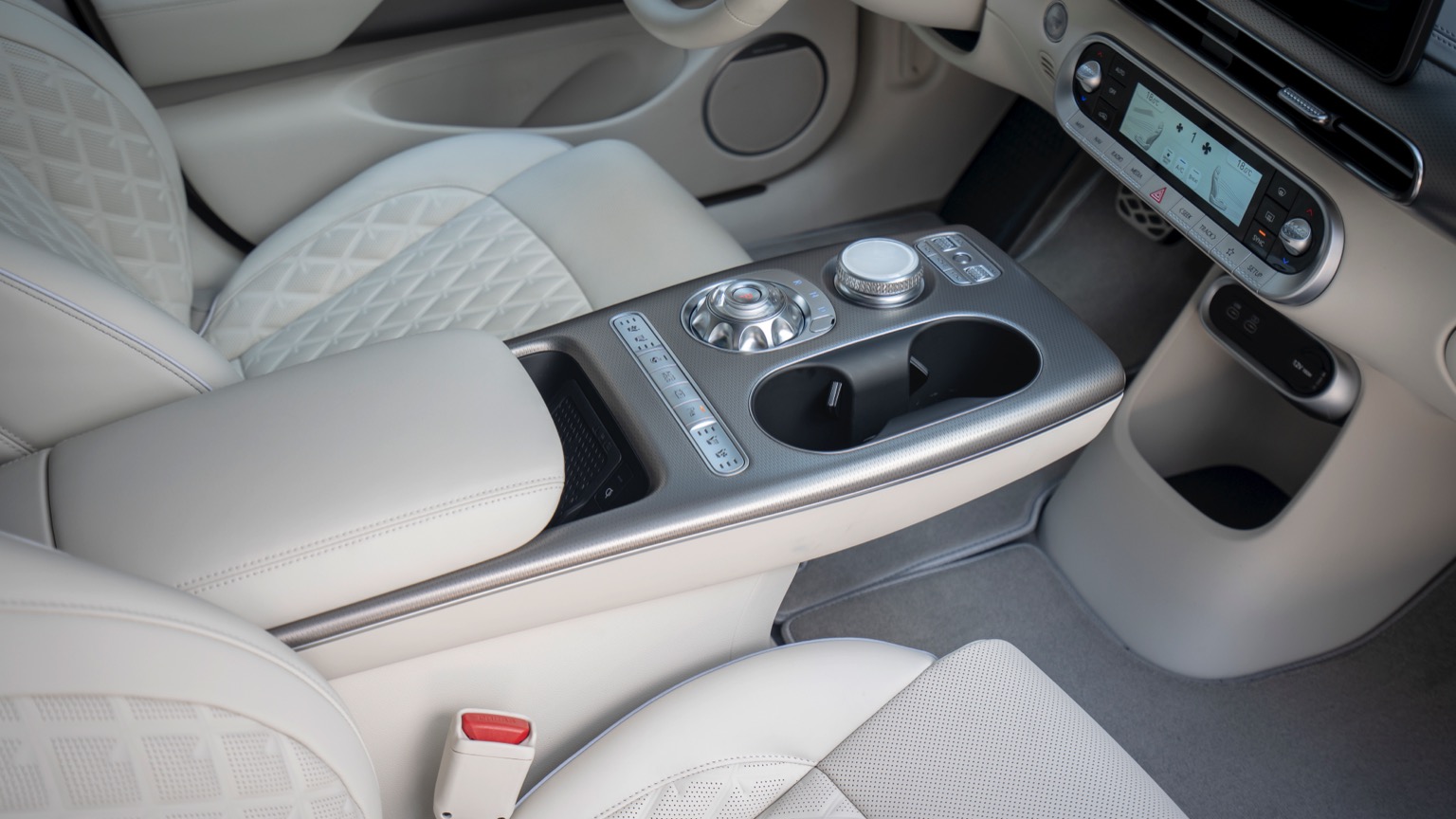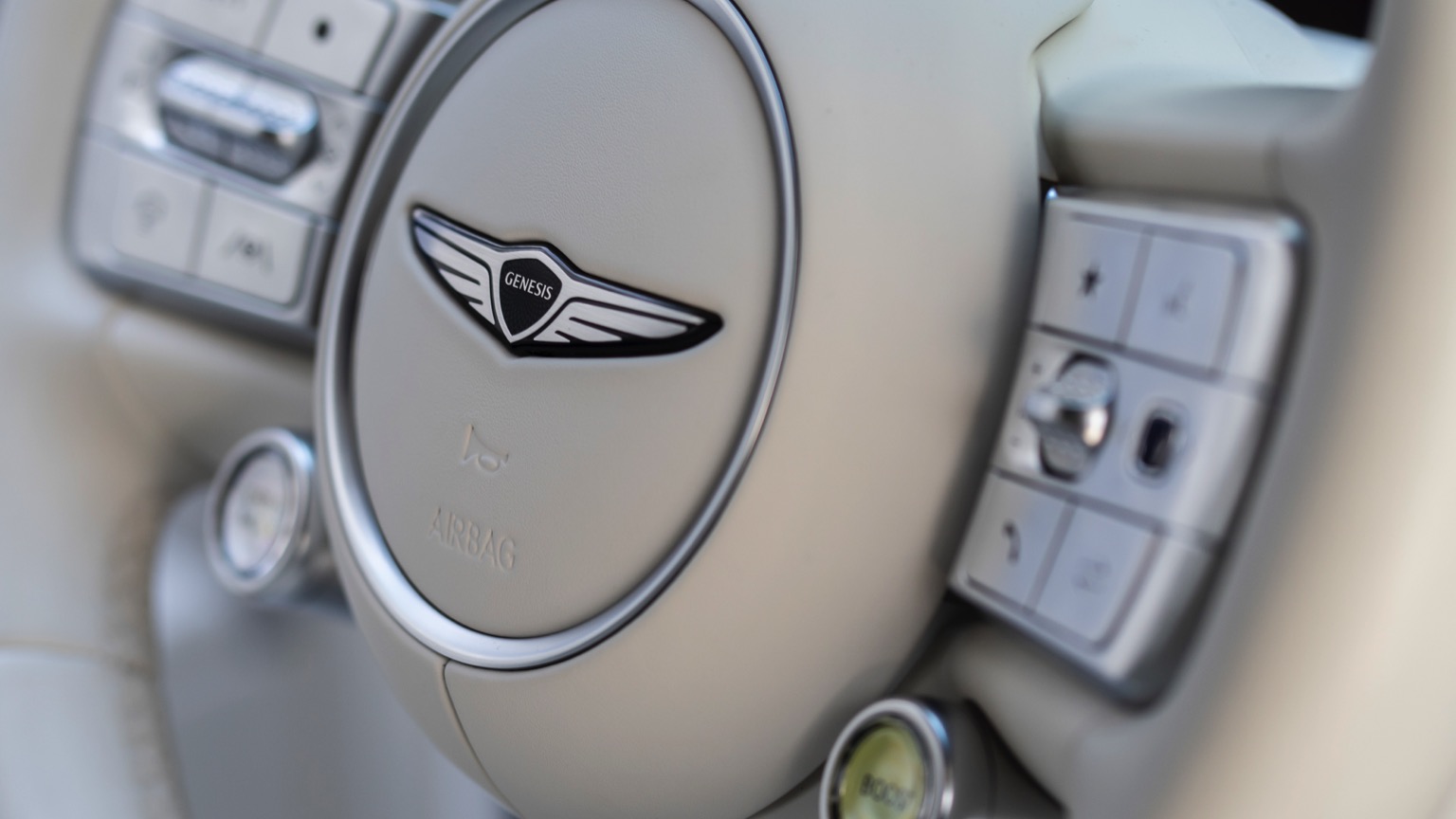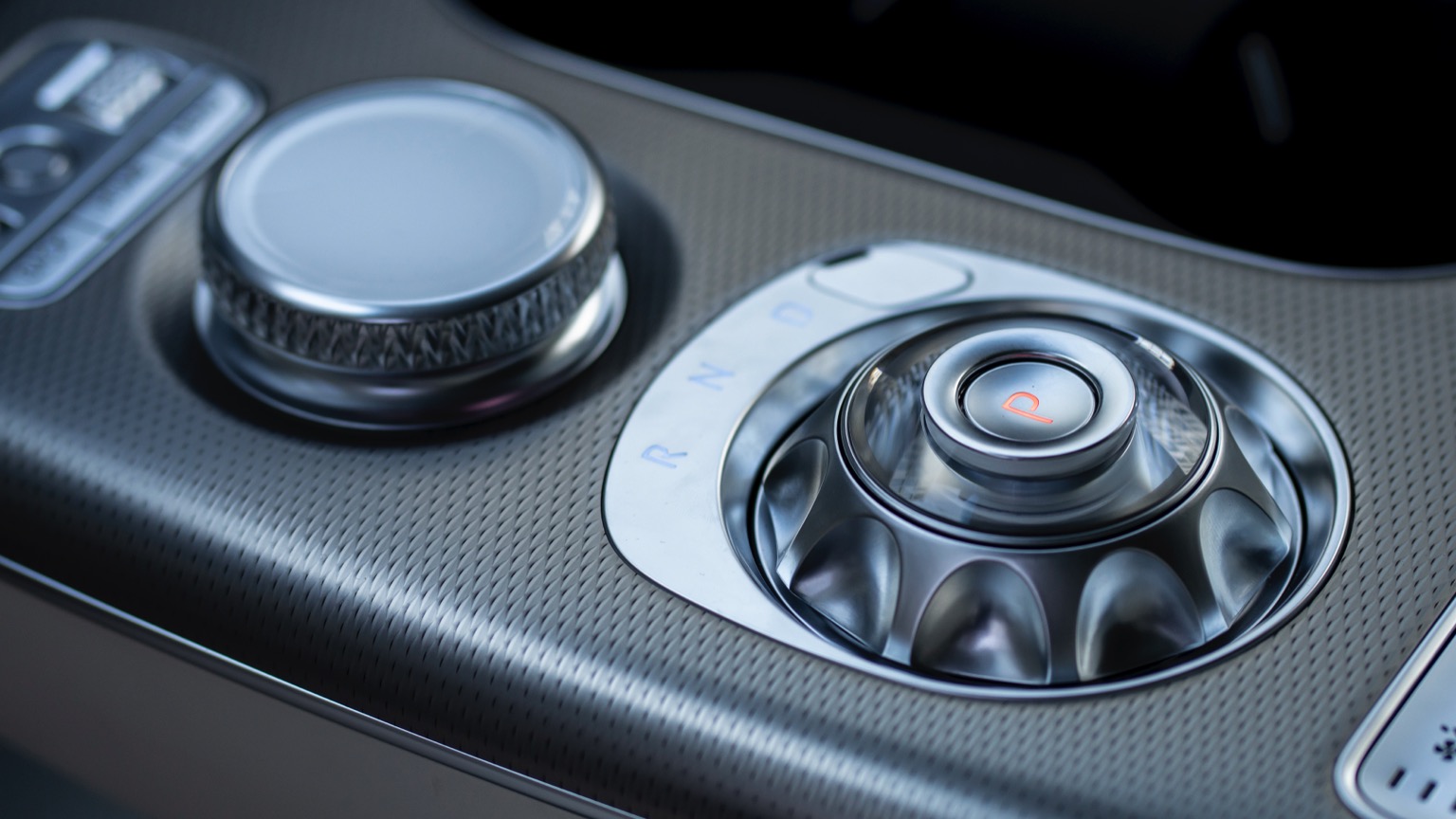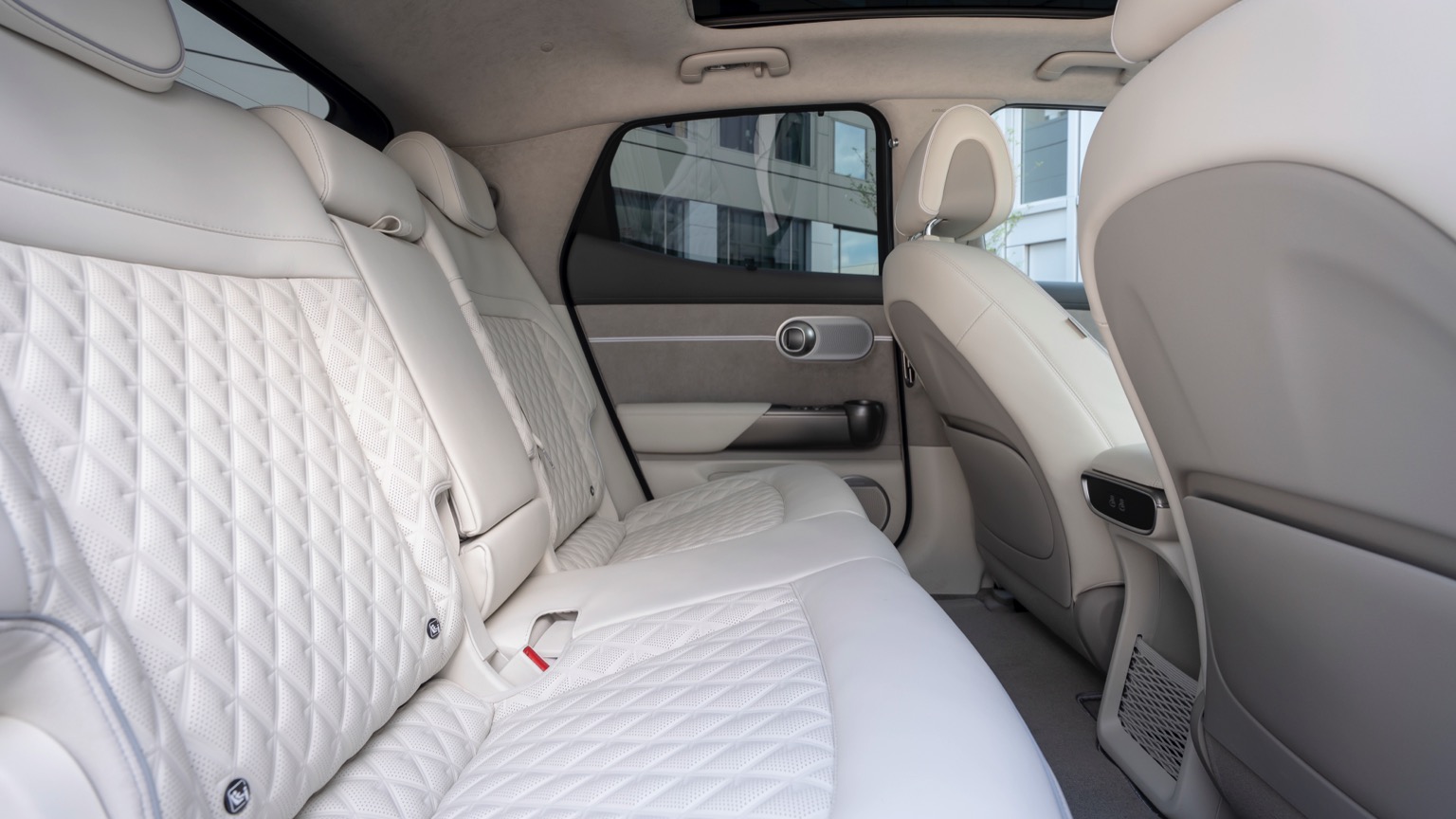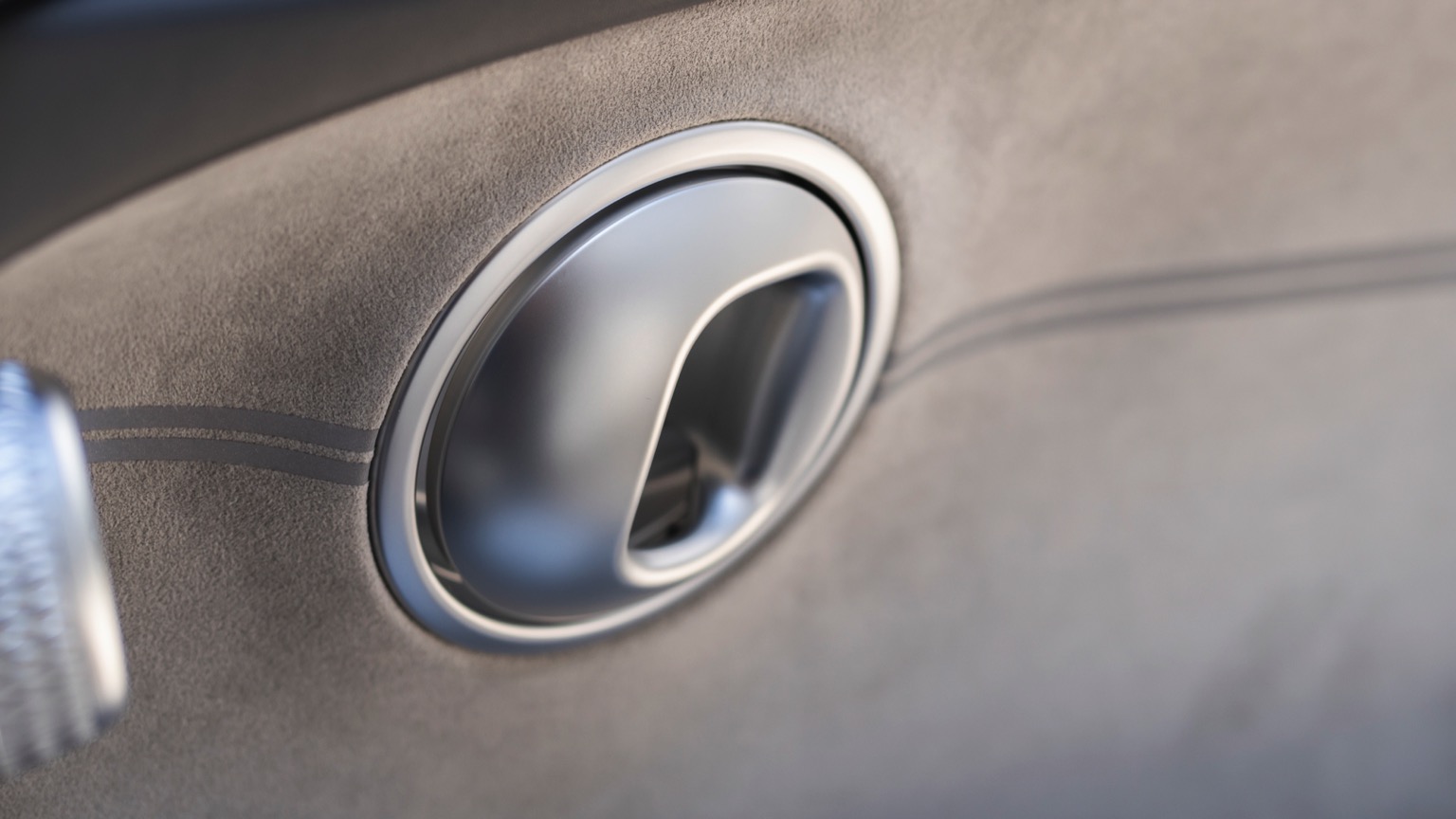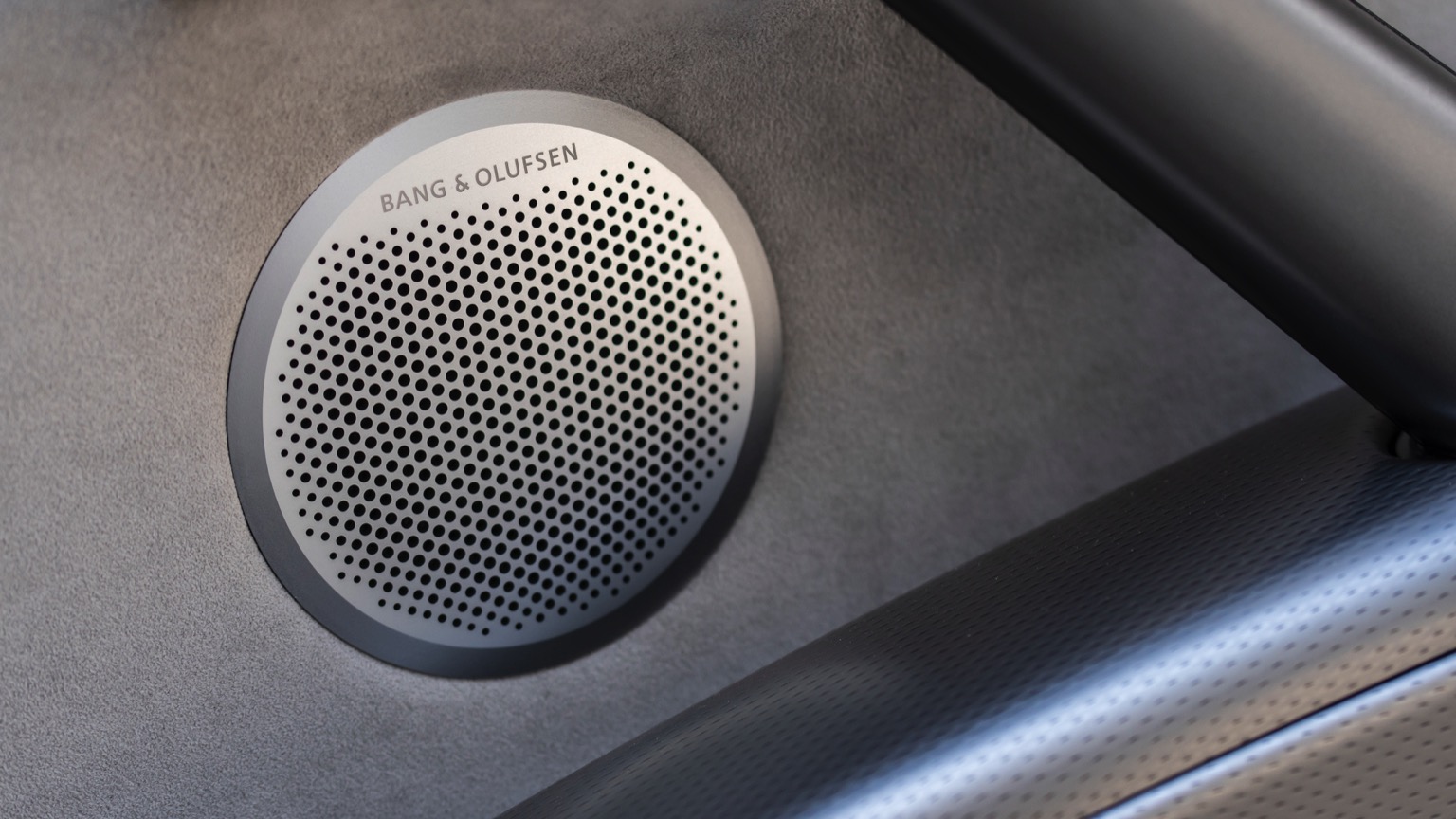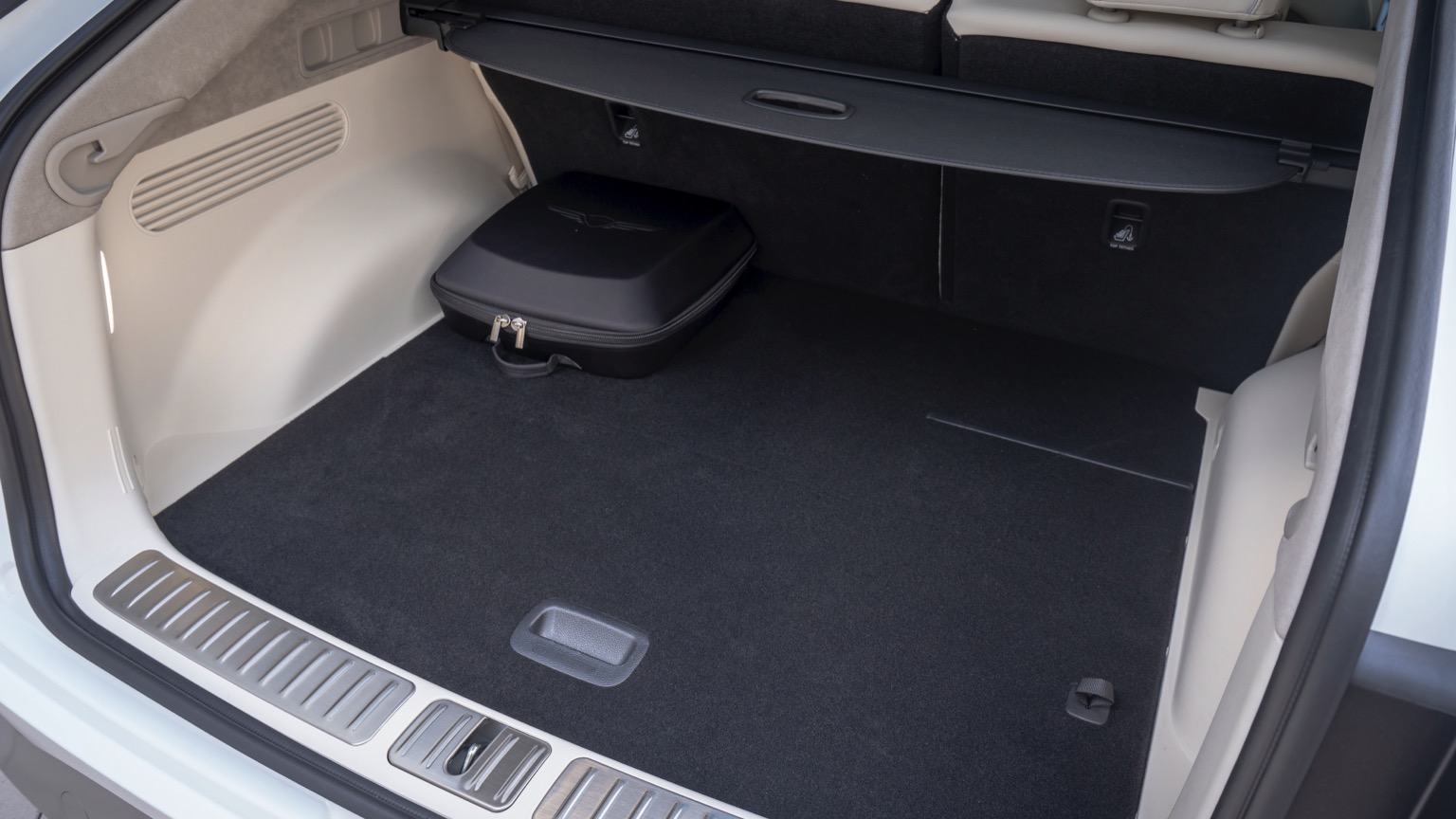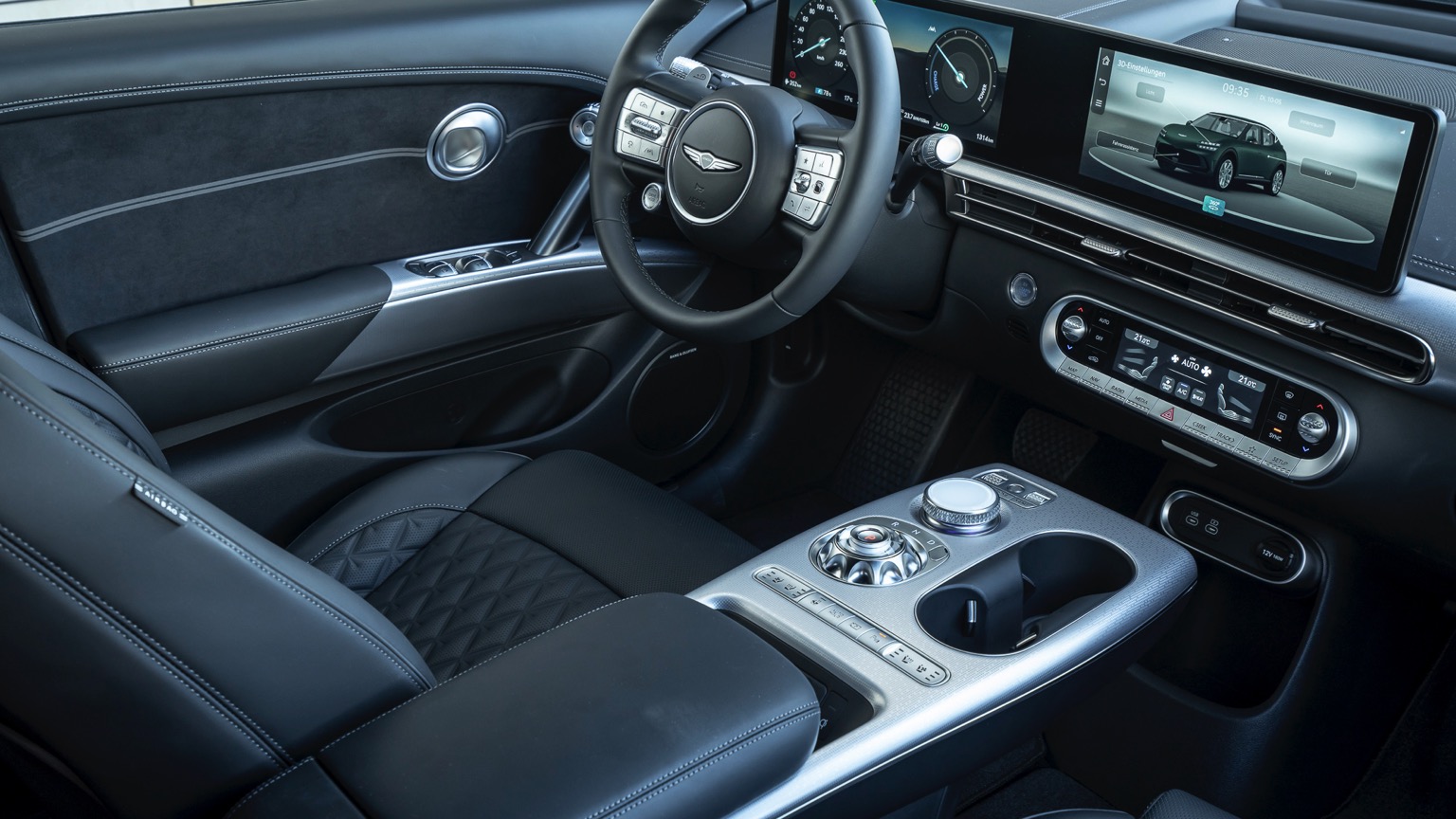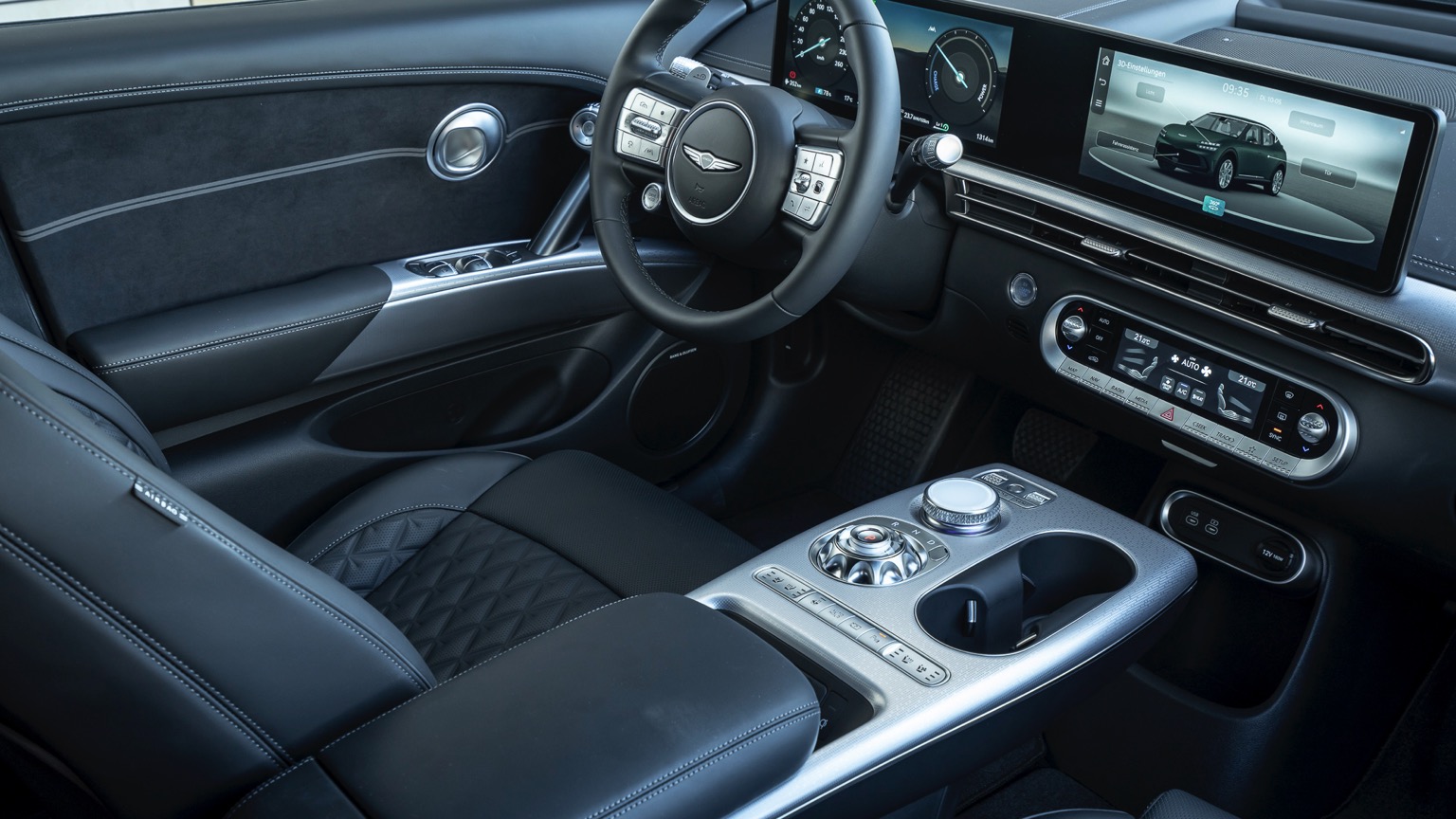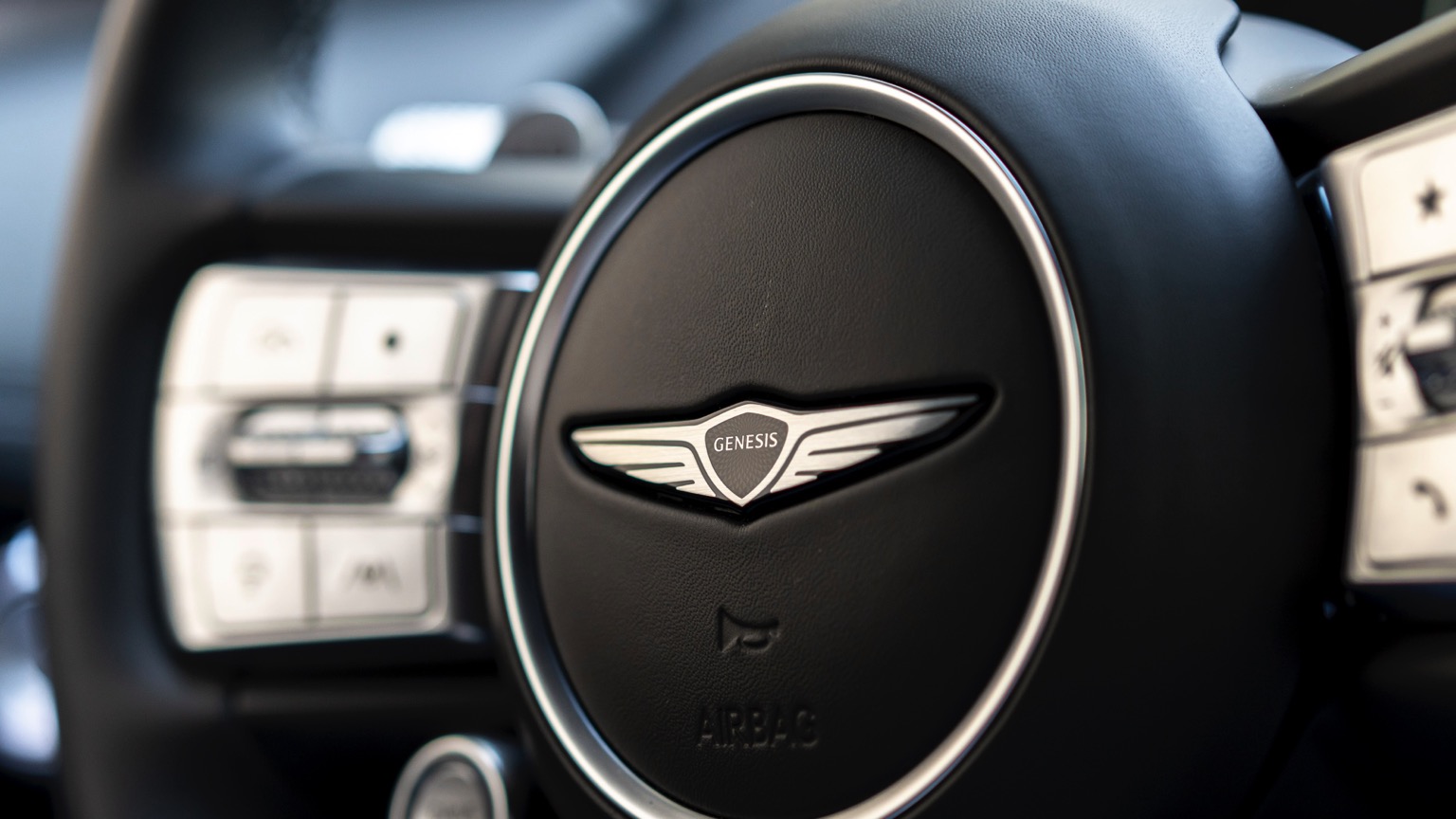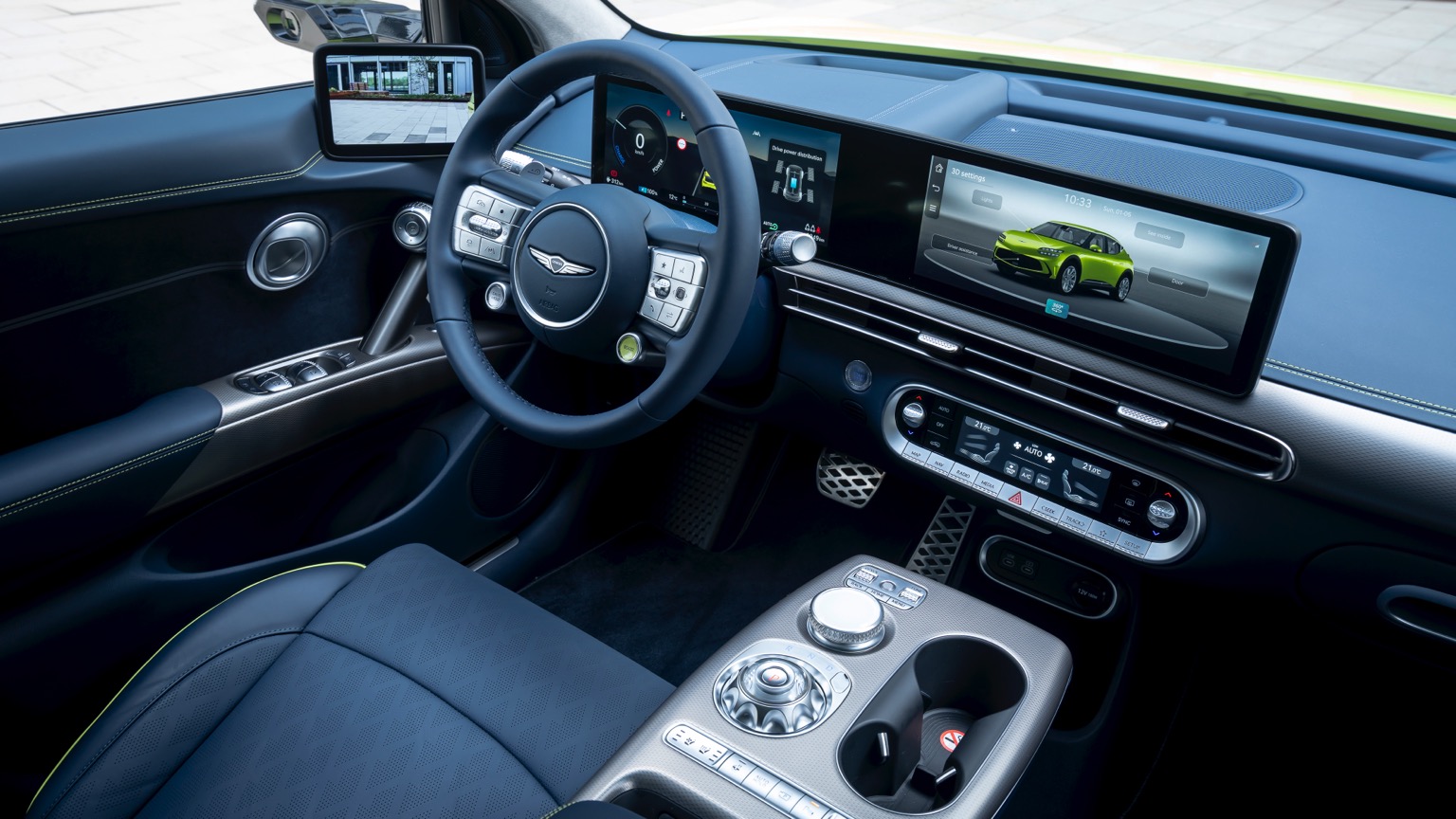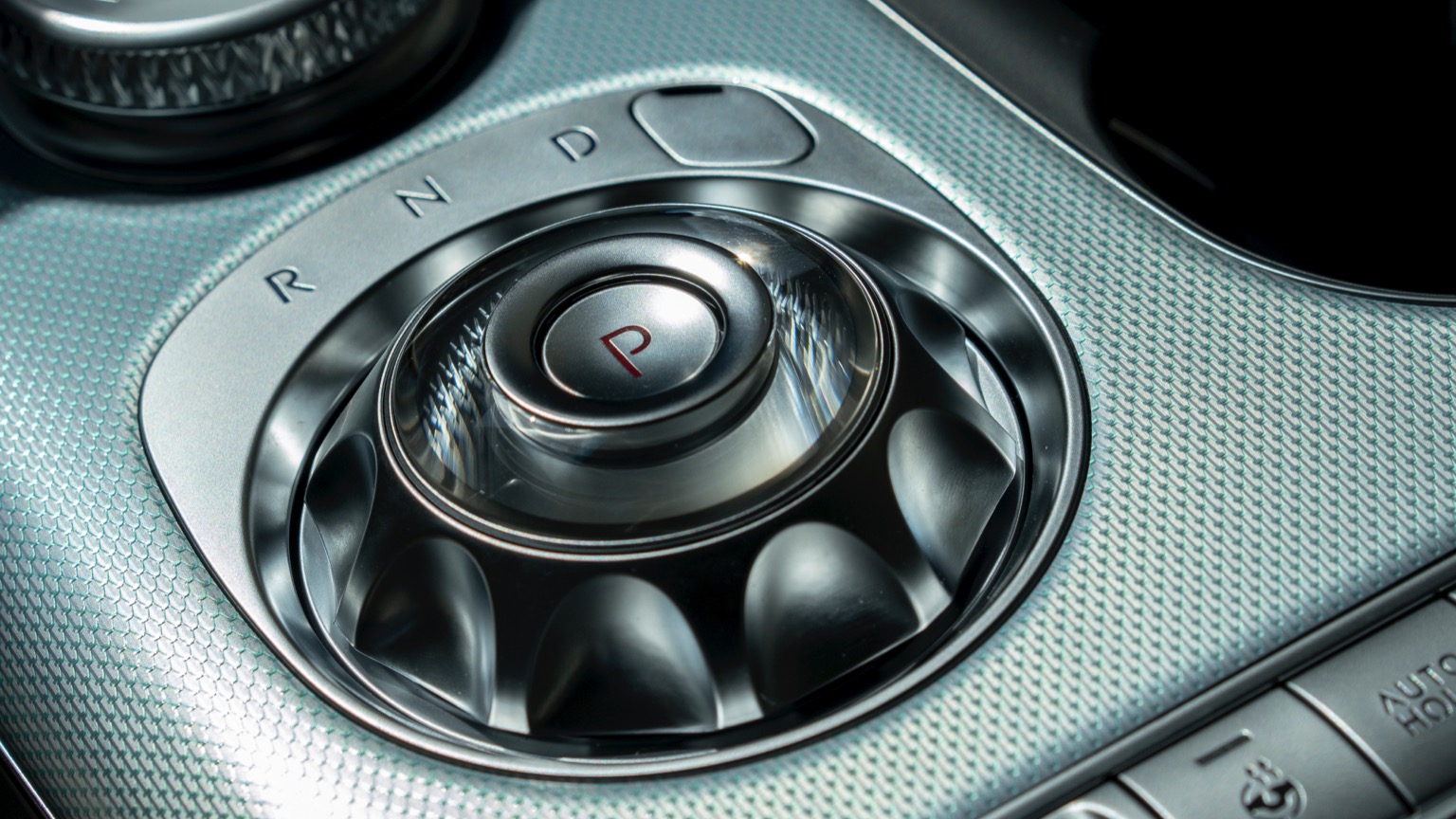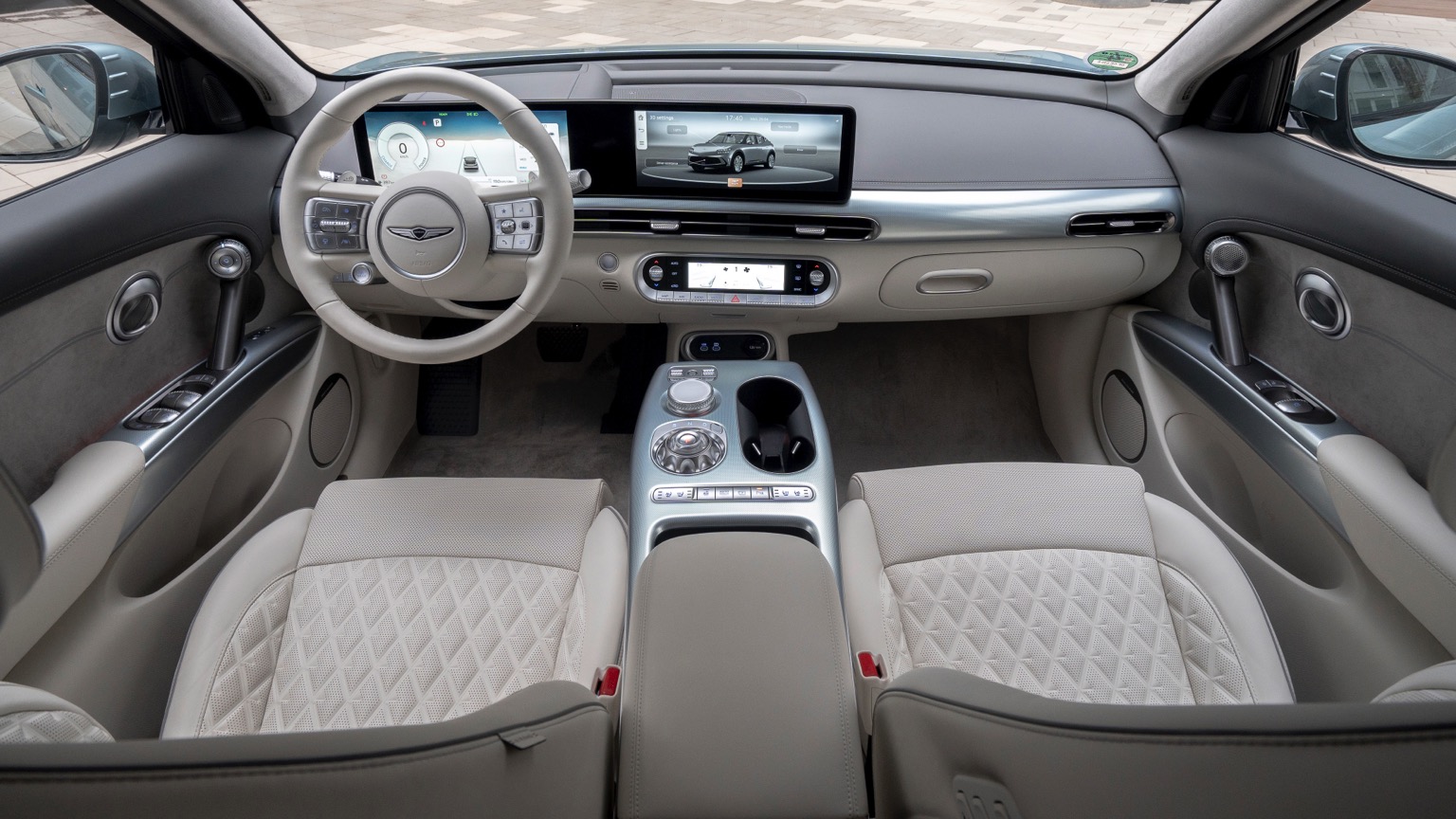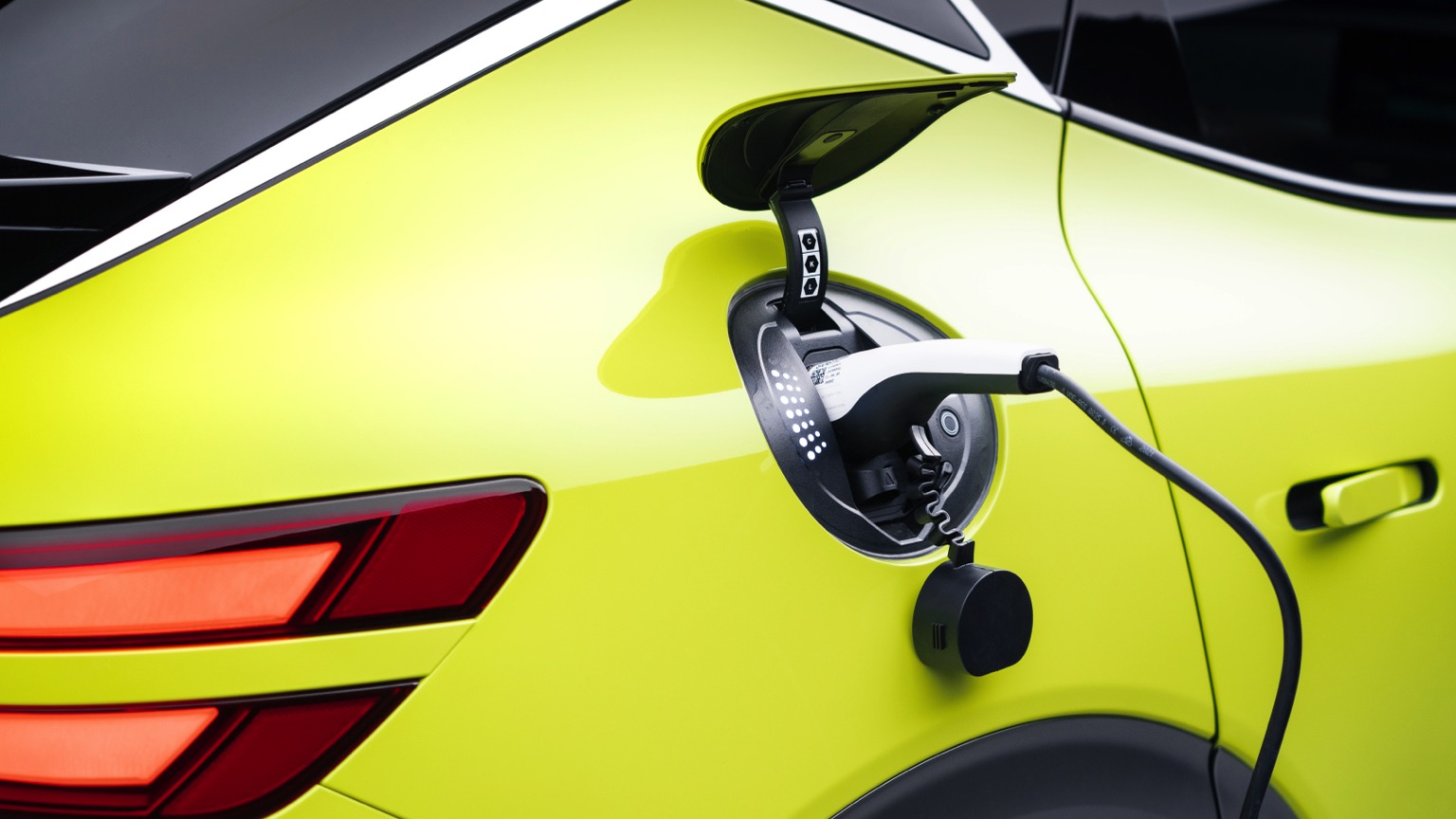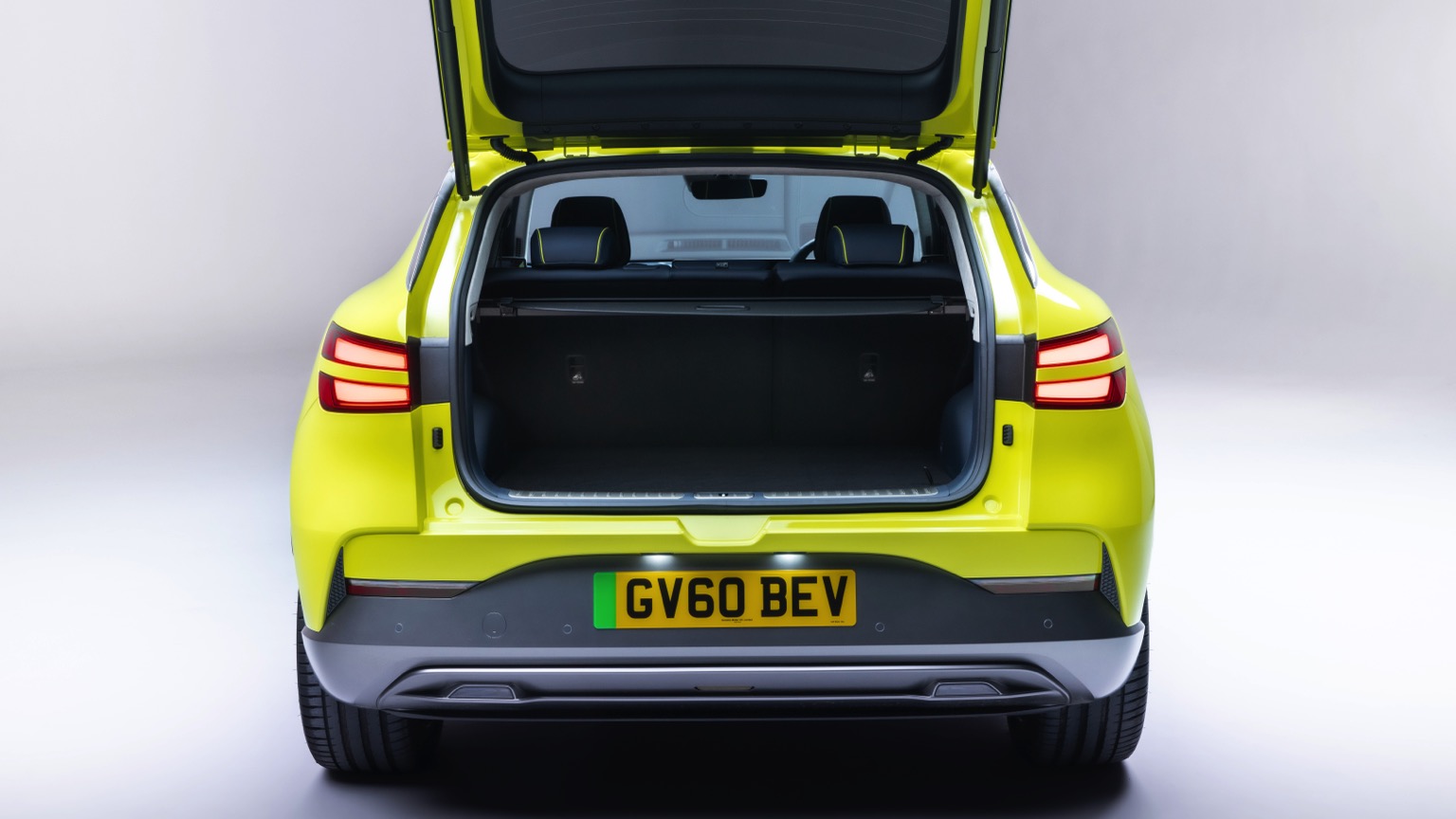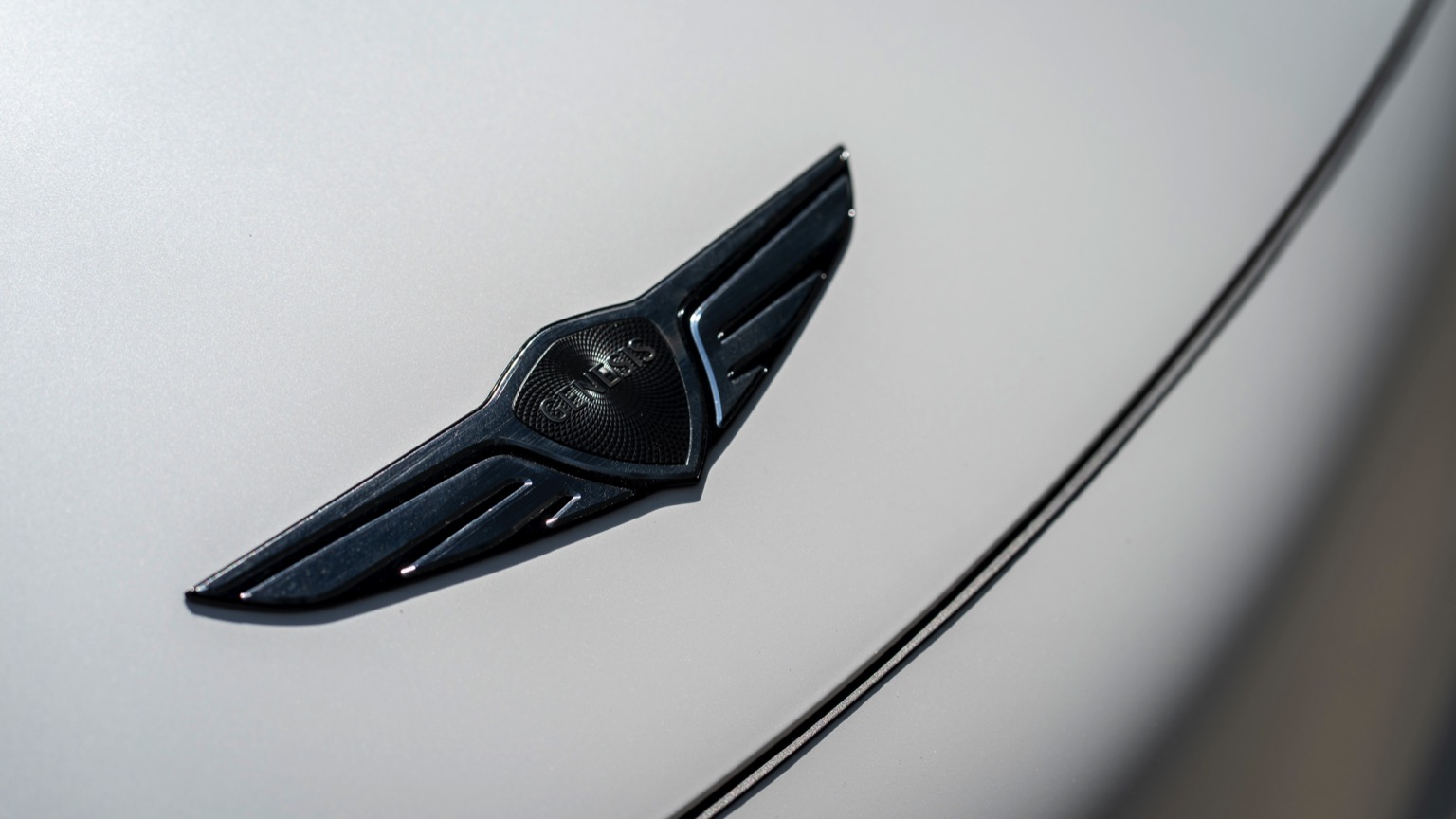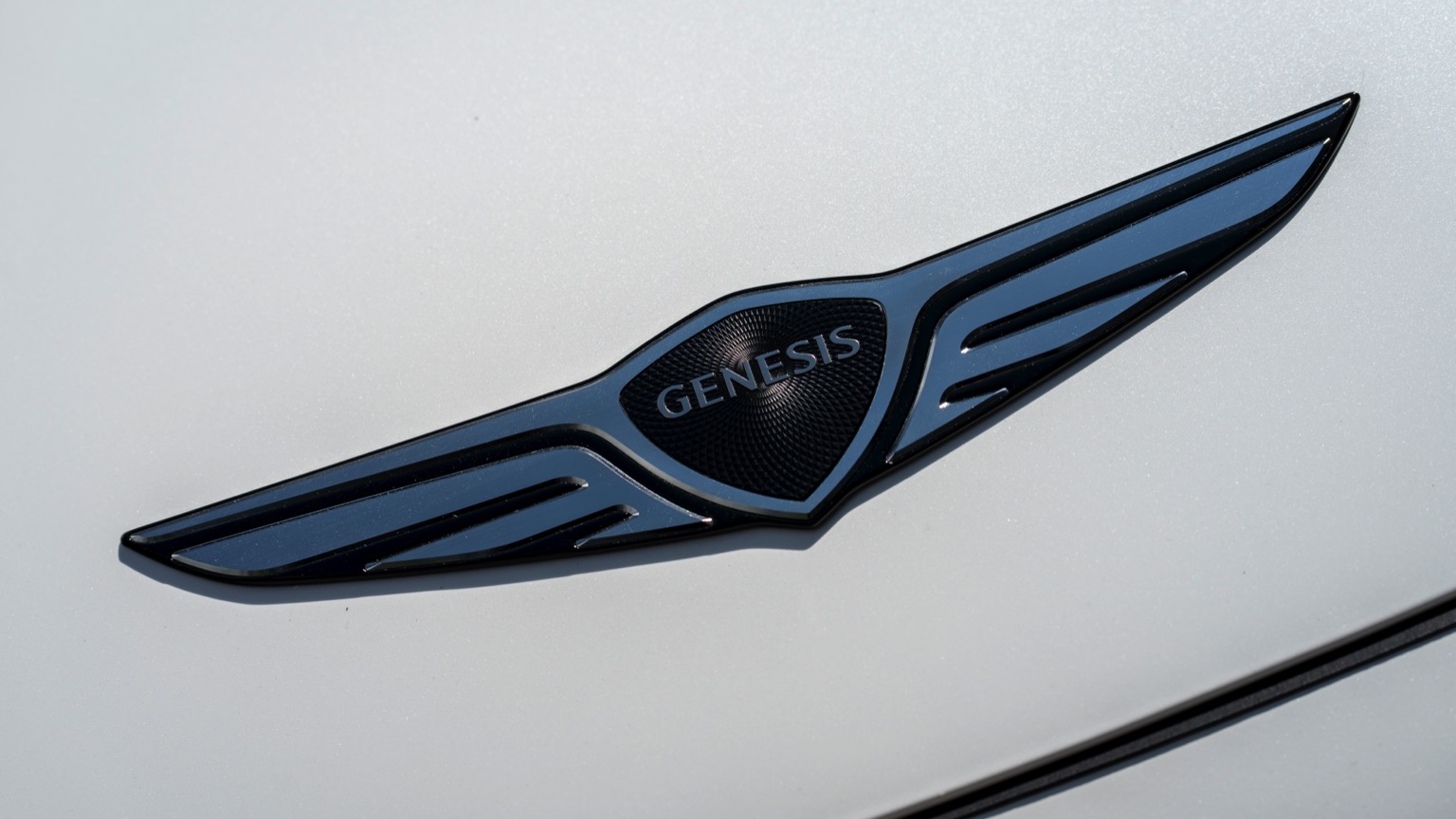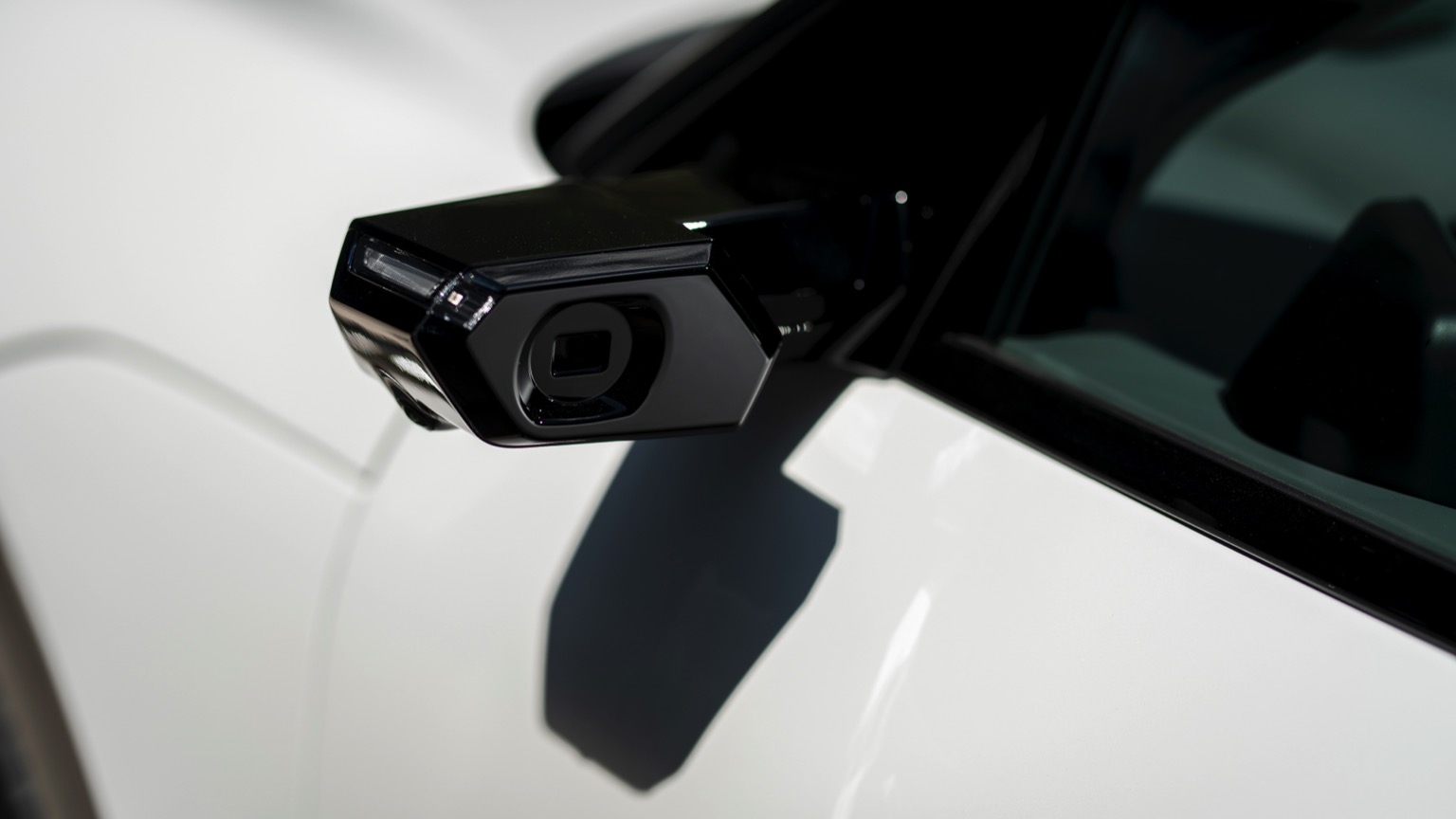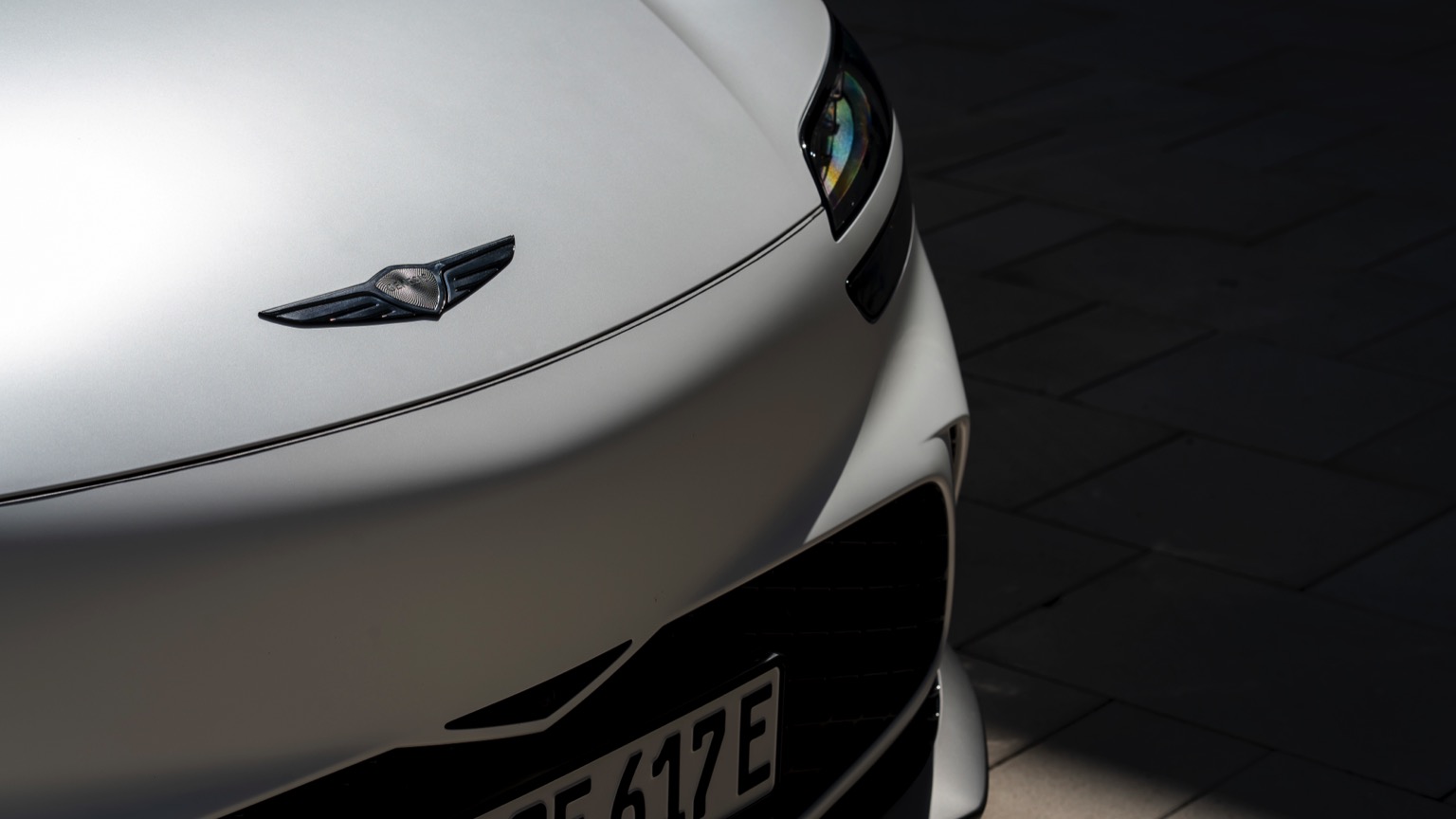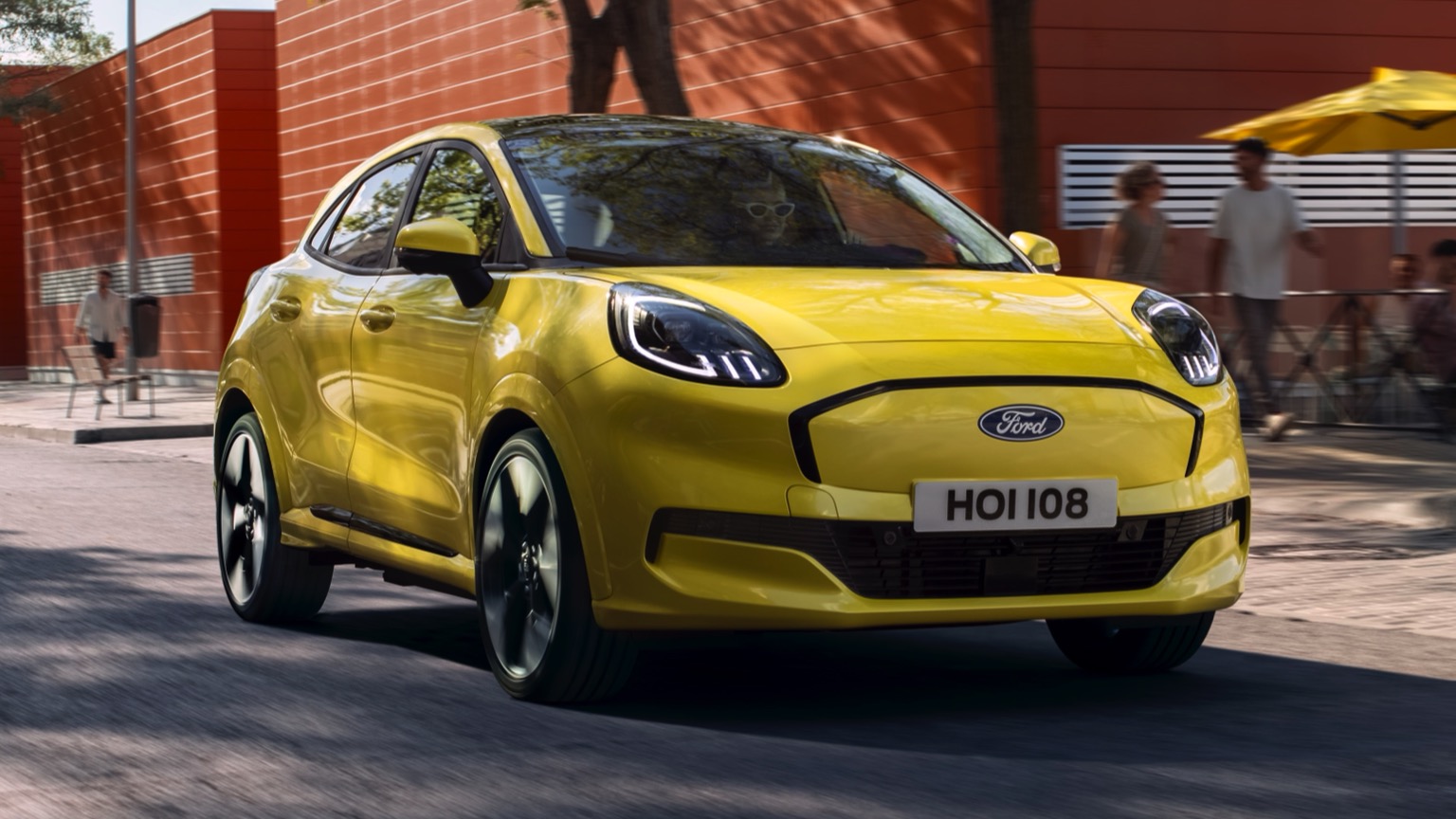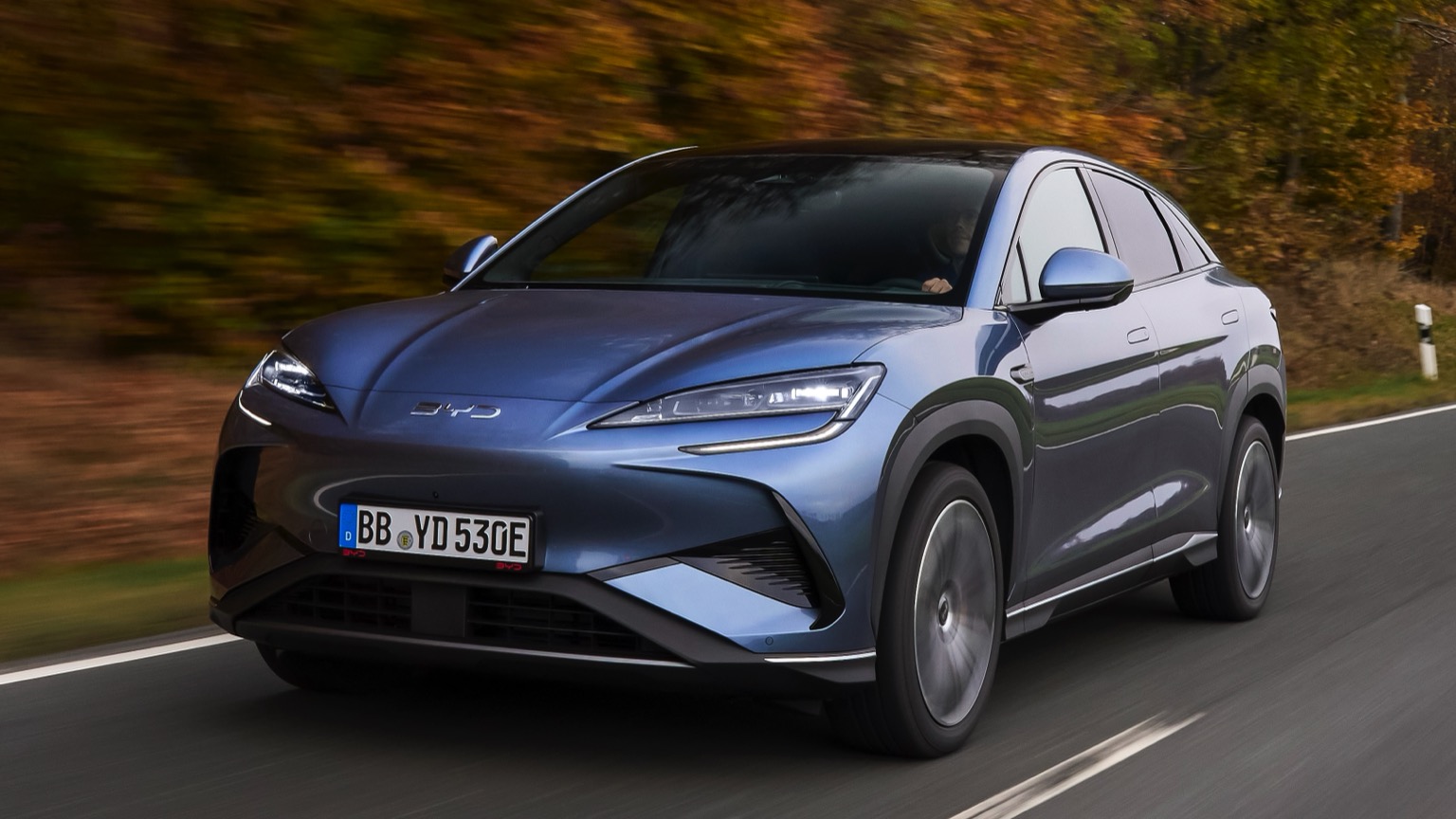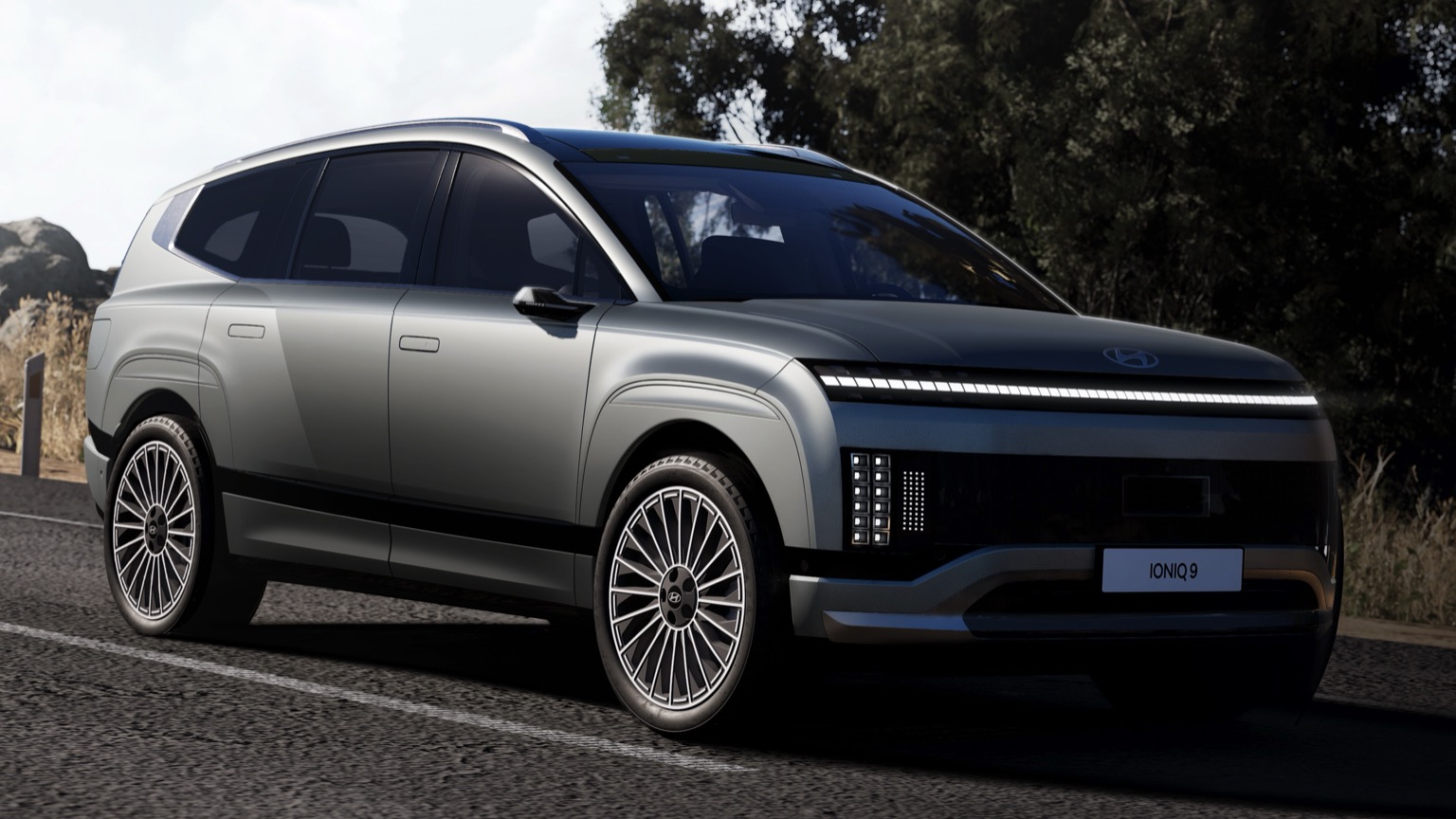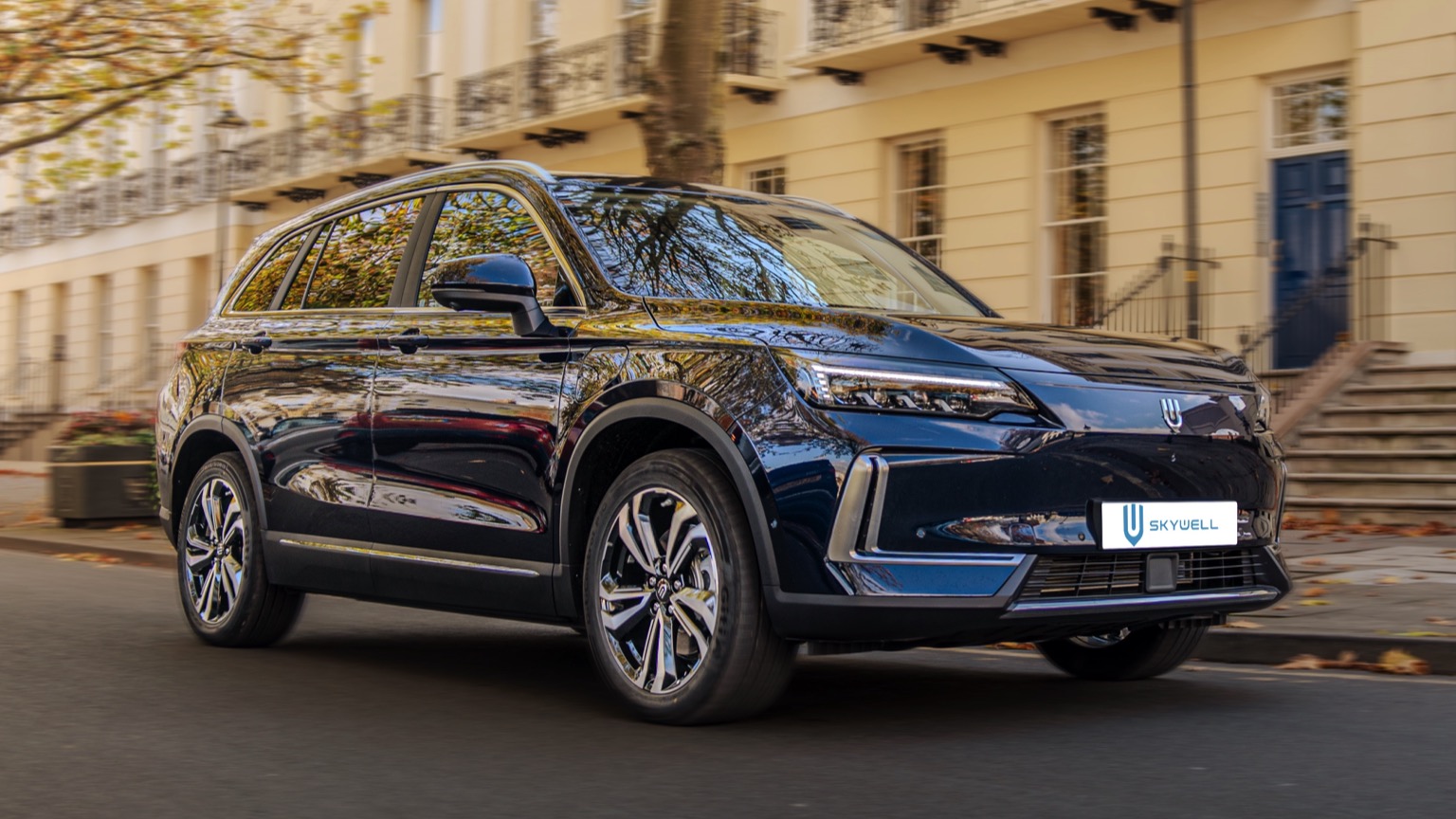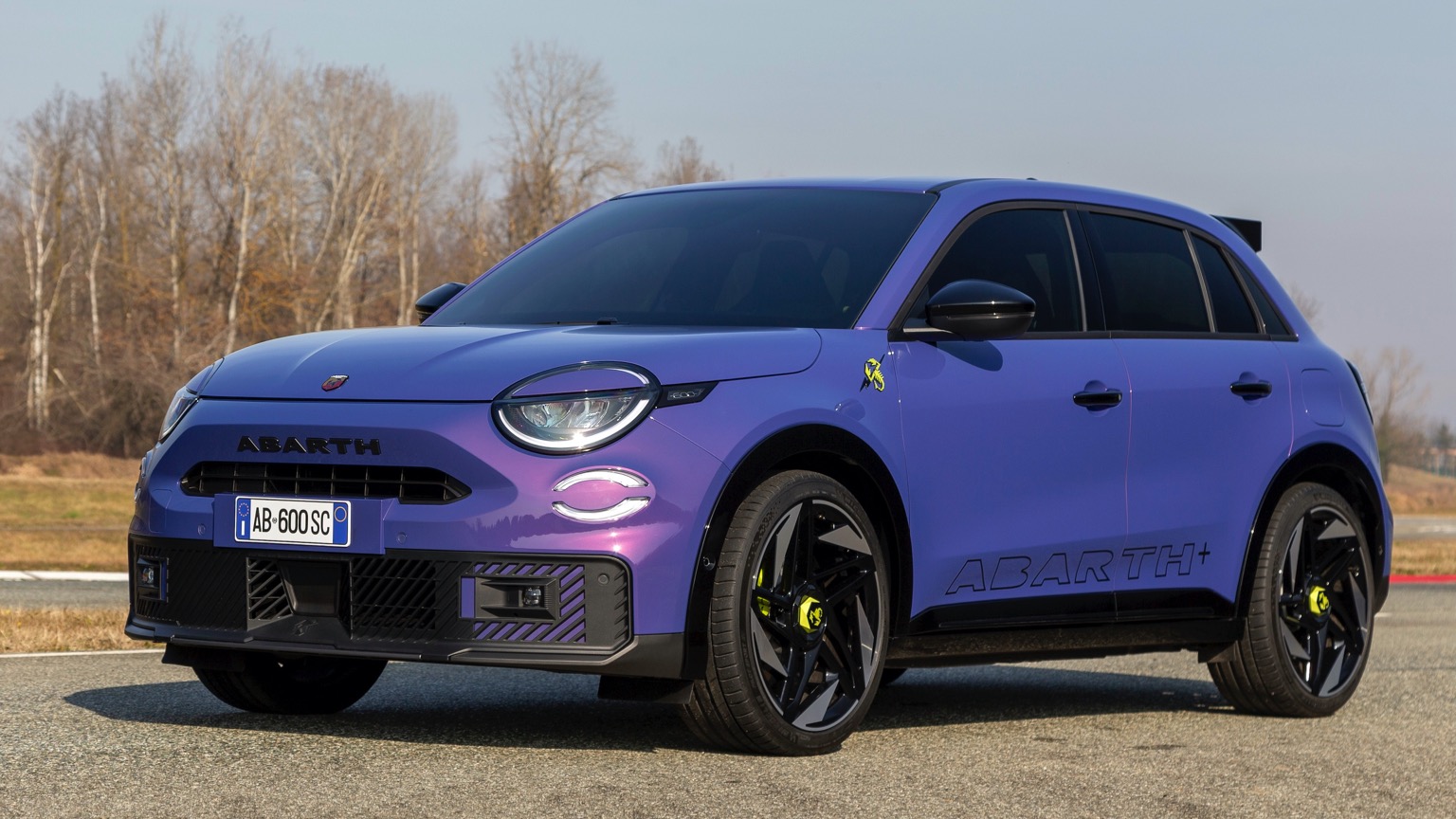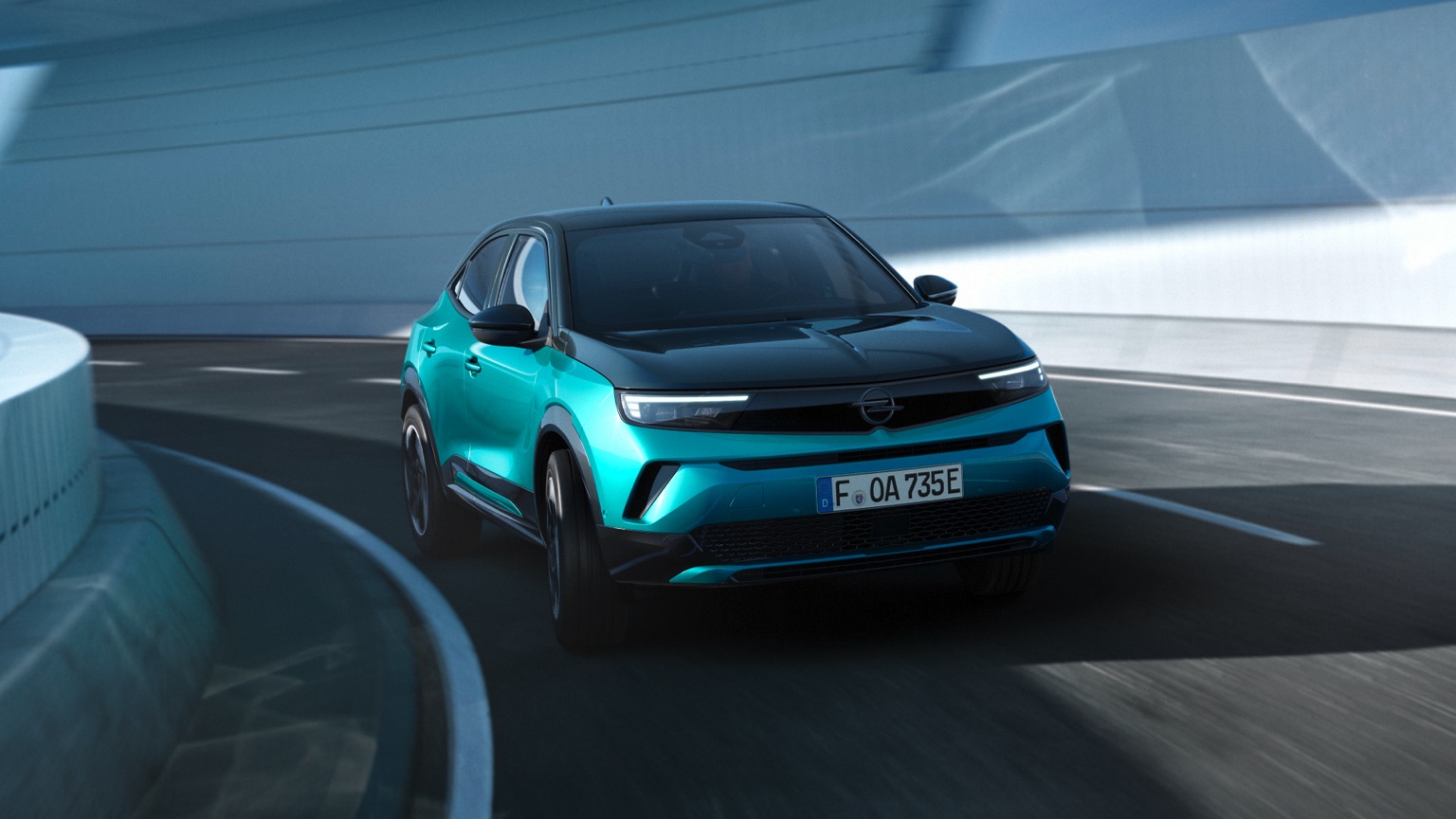Driving Range
In short, how many miles you can travel on a full charge. Is length important? Let’s not open that can of worms…
Efficiency
How many kWh of charge are needed to travel a set distance. The fewer needed, the more efficient your EV is. Easy!
Battery
The bigger the battery, the more power it can hold. In essence, fewer stops needed to top up your charge. Ahh, simplicity!
Top Speed
The maximum speed you can reach with your foot pressed hard to the floor. Important when escaping a zombie apocalypse, we assume.
Seats
Well, you don’t want to have to leave anybody at home… or do you?
Body
From stylish SUVs and compact crossovers, to curvaceous coupes and handy hatchbacks, there’s a perfect shape for everyone!
Isofix
The safe way to attach a child seat. Typically, these are hidden in the join between the back seats, alongside the crumbs from your last meal deal.
Safety Rating
A measure that considers the amount of safety kit installed, how a vehicle performs in crash testing and how safe it is for both pedestrians and cyclists.
| City - Cold Weather | 225 miles |
| Highway - Cold Weather | 160 miles |
| Combined - Cold Weather | 195 miles |
| City - Mild Weather | 330 miles |
| Highway - Mild Weather | 205 miles |
| Combined - Mild Weather | 260 miles |
Indication of real-world range in several situations. Cold weather: 'worst-case' based on -10°C and use of heating. Mild weather: 'best-case' based on 23°C and no use of A/C. For 'Highway' figures a constant speed of 110 km/h is assumed. The actual range will depend on speed, style of driving, weather and route conditions.
| Charge Port | Type 2 |
| Port Location | Right Side - Rear |
| Charge Power | 11 KW AC |
| Charge Time | 8hr |
| Charge Speed | 28 mph |
| Fastcharge Port | CCS |
| FC Port Location | Right Side - Rear |
| Fastcharge Power (max) | 233 |
| Fastcharge Time | 16m |
| Fastcharge Speed | 590 mph |
General Charging (0 - 100%)
Charging is possible by using a regular wall plug or a charging station. Public charging is always done through a charging station. How fast the EV can charge depends on the charging station (EVSE) used and the maximum charging capacity of the EV
| Charging Point:Charging Point | Power:Power | Time:Time |
|---|---|---|
| Charging Point:Wall Plug | Power:2.3 kW | Time:38hr |
| Charging Point:1-Phase 16A | Power:3.68 kW | Time:23hr 45m |
| Charging Point:1-Phase 32A | Power:7.36 kW | Time:11hr 45m |
| Charging Point:3-Phase 16A | Power:3.68 kW | Time:8hr |
| Charging Point:3-Phase 32A | Power:7.36 kW | Time:8hr |
Rapid Charging (10 - 80%)
Rapid charging enables longer journeys by adding as much range as possible in the shortest amount of time. Charging power will decrease significantly after 80% state-of-charge (SoC) has been reached.
| Charging Point:Charging Point | Average Power:Average Power | Time:Time |
|---|---|---|
| Charging Point:CCS 50 | Average Power:50 kW | Time:1hr 5m |
| Charging Point:CCS 150 | Average Power:149 kW | Time: 22m |
| Charging Point:CCS-300-DC | Average Power:200 kW | Time: 16m |
| EVDB Real Range | 225 miles |
| EVDB Vehicle Consumption | 329 Wh/mi |
| EVDB CO2 Emissions | 0 g/mi |
| EVDB Vehicle Fuel Equivalent | 1.23 l/100mi |
| WLTP Real Range | 289 miles |
| WLTP Rated Consumption | 30.7 Wh/mi |
| WLTP Vehicle Consumption | 25.6 Wh/mi |
| WLTP CO2 Emissions | 0 g/mi |
| WLTP Rated Fuel Equivalent | 1.32 l/100mi |
| WLTP Vehicle Fuel Equivalent | 1.58 l/100mi |
| Acceleration 0 - 100 km/h | 4 sec |
| Top Speed | 146 mph |
| Electric Range* | 225 miles |
| Total Power* | 360 kWh |
| Total Torque* | 700 Nm |
| Drive | AWD |
| Safety Rating | |
| Rating Year | 2022 |
| Adult Occupant | 89% |
| Child Occupant | 87% |
| Vulnerable Road Users | 63% |
| Safety Assist | 88% |
For more details on the safety rating of this vehicle, visit euroncap.com
| Nominal Capacity | 77.4 kWh |
| Battery Type | Lithium-ion |
| Number of Cells | 192 |
| Architecture | 800 V |
| Useable Capacity | 74 kWh |
| Cathode Material | N/A |
| Pack Configuration | 192s2p |
| Nominal Voltage | 697 V |
| Length | 4515 mm |
| Width | 1890 mm |
| Width (with mirrors) | N/A |
| Height | 1580 mm |
| Wheelbase | 2900 mm |
| Weight Unladen (EU) | 2145 kg |
| Gross Vehicle Weight (GVWR) | 2660 kg |
| Max. Payload | 590 kg |
| Cargo Volume | 432 L |
| Cargo Volume (Max) | N/A |
| Cargo Volume Frunk | N/A |
| Roof Load | N/A |
| Tow Hitch Possible | Yes |
| Towing Weight Unbraked | 750 kg |
| Towing Weight Braked | 1600 kg |
| Vertical Load Max | N/A |
| Seats | 5 |
| Isofix | No |
| Turning Circle | 11.9m |
| Platform | HMG E-GMP |
| Car Body | SUV |
| Segment | D |
| Roof Rails | No |
| EV Dedicated Platform | Yes |
* = estimated value. Average energy consumption and range based on moderate drive style and climate. Real-life values may differ significantly. Pricing information might not be actual for some regions. No rights can be derived from the information on this site.
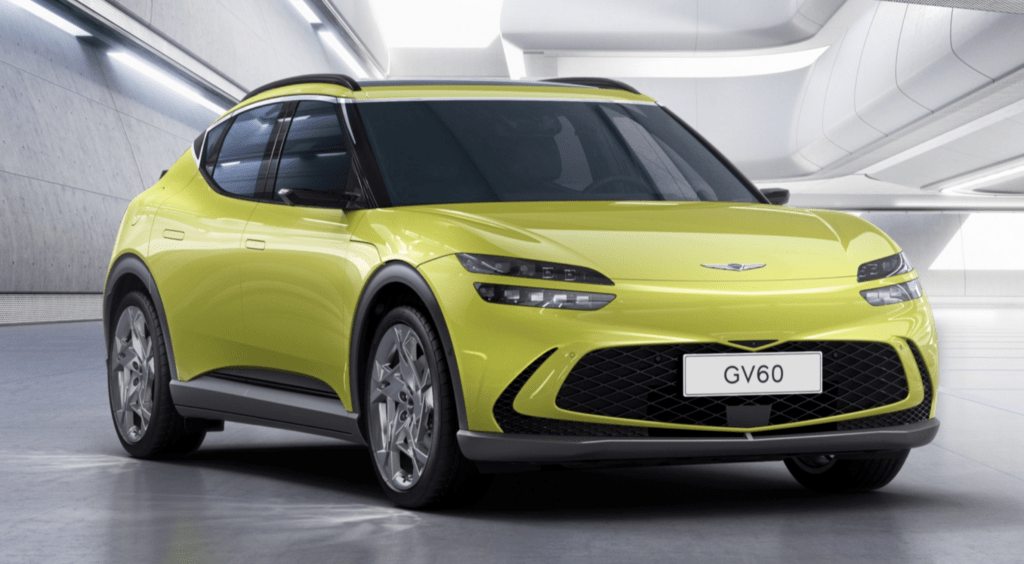
Genesis GV60 Sport Plus Charging Guide
Unveiling a new chapter in the world of luxury electric vehicles, the Genesis GV60 emerges as a testament to Genesis’s unwavering commitment to excellence. As a distinguished creation of Hyundai’s luxury division, Genesis, the GV60 combines the artistry of design, the precision of technology, and the grace of sustainable mobility.
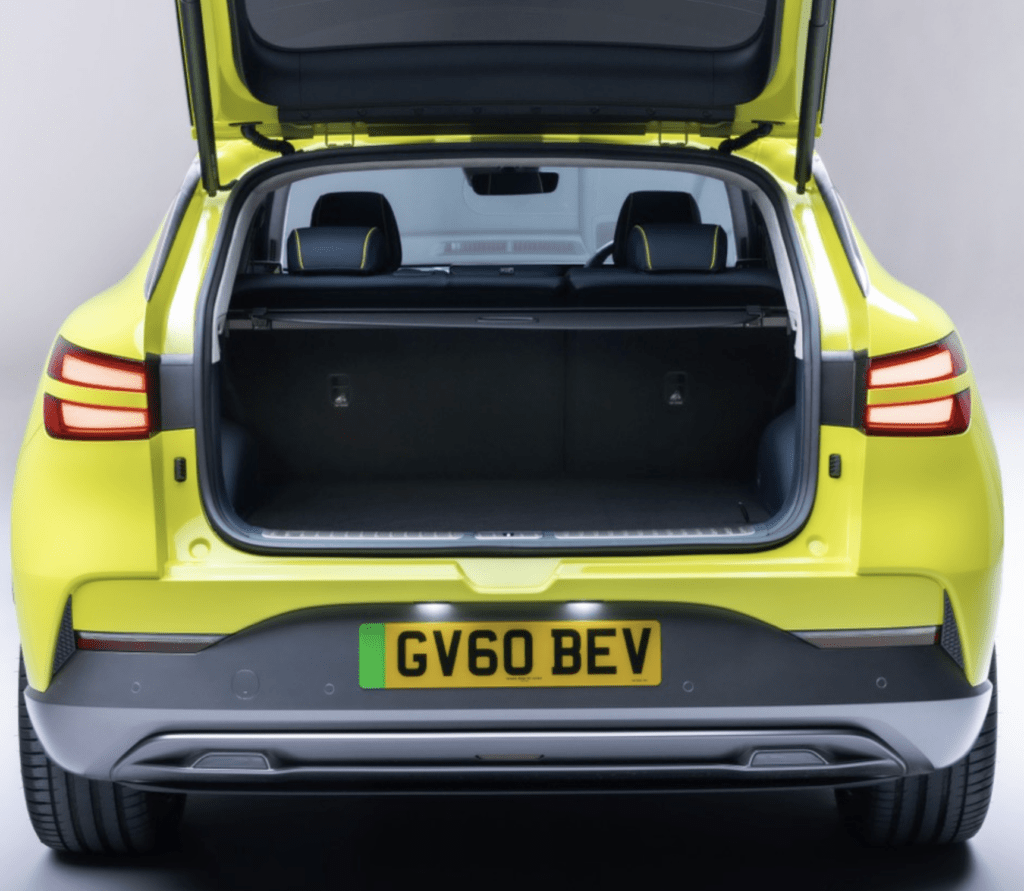
How to charge the Genesis GV60?
Charging the Genesis GV60 is designed for seamless integration into the daily lives of users, offering both home and public charging solutions. At home, owners can leverage Level 2 home charging stations for overnight replenishment, ensuring a fully charged vehicle for daily use.
Public charging stations, compatible with the GV60’s charging connectors, provide a convenient option for longer journeys, allowing drivers to plan routes using the vehicle’s navigation system or mobile apps. The flexibility of charging times, depending on the power output of the station, ensures users can adapt their charging strategy to their specific needs, whether seeking a quick top-up or a more extended charging session. The Genesis GV60 may also feature regenerative braking, contributing to energy efficiency and range extension.
How long does it take to charge the Genesis GV60 Sport Plus?
10 hours and 34 minutes*
*Using a standard 7kWh charger, such as zappi it would take 10 hours and 34 minutes to fully charge your 74kWh battery. The Genesis GV60 Sport Plus also has the capability to be charged on the 22kWh zappi, which would reduce this charging time down to 8 hours.
What is the range of the Genesis GV60 Sport Plus?
225 miles**The range of the Genesis GV60 Sport Plus with the 74kWh battery, differs between 160 miles and 330 miles depending on your driving conditions and the type of road. Typically, the average range from a full charge will be around 235 miles.
How much does it cost to charge the Genesis GV60 Sport Plus?
£5.55**It could cost just £5.55 to charge the Genesis GV60 Sport Plus, with the 74kWh battery, when fully utilising off-peak charging on an Octopus Intelligent tariff, at 0.075p/kWh. In contrast, peak charging on a standard rate of 0.34p/kWh can cost £25.16 to charge up.
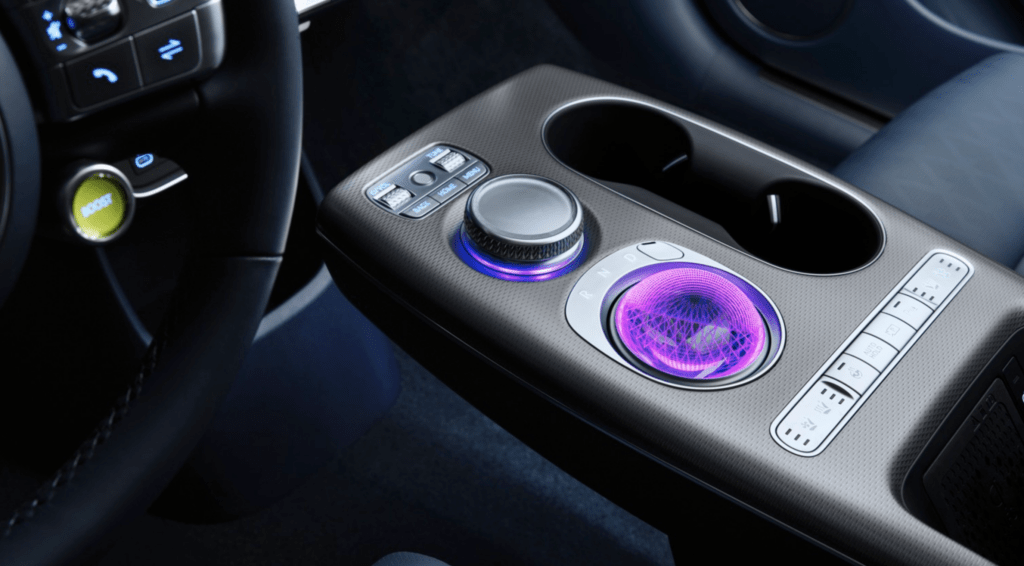
What is a Genesis car?
Genesis is a luxury automotive brand that operates under the Hyundai Motor Group. Established in 2015, Genesis aims to redefine the premium car market with a focus on sophisticated design, advanced technology, and an exceptional driving experience.
The brand embodies Hyundai’s commitment to delivering high-end vehicles with a distinct identity. Genesis hit the UK in 2021, but without a dealership network, meaning the onl sales of Genesis cars to date in the UK are online orders.
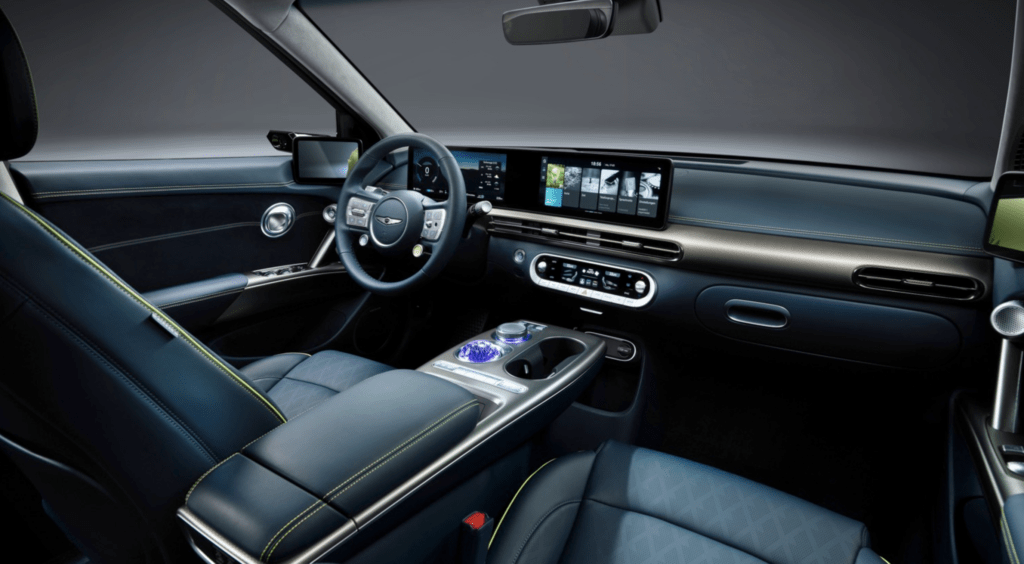
Who makes Genesis GV60?
The Genesis GV60 is crafted by Genesis, Hyundai’s luxury division. Genesis has positioned itself as a provider of premium vehicles, emphasising innovation, performance, and a unique design philosophy. The GV60 stands as a testament to Genesis’s pursuit of automotive excellence in the electric vehicle segment.
Similar Electric Vehicles

